Business Books
Business Books
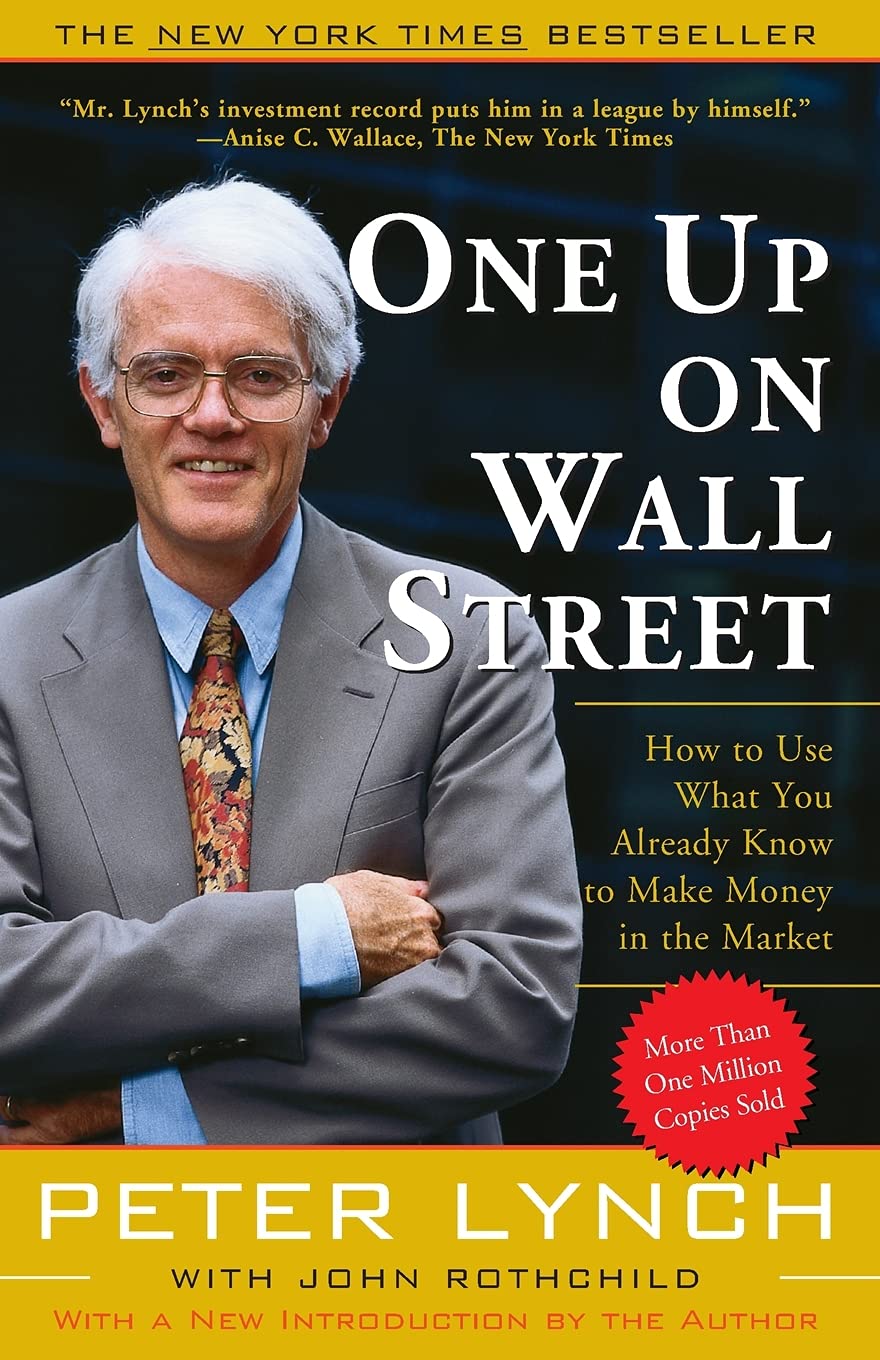
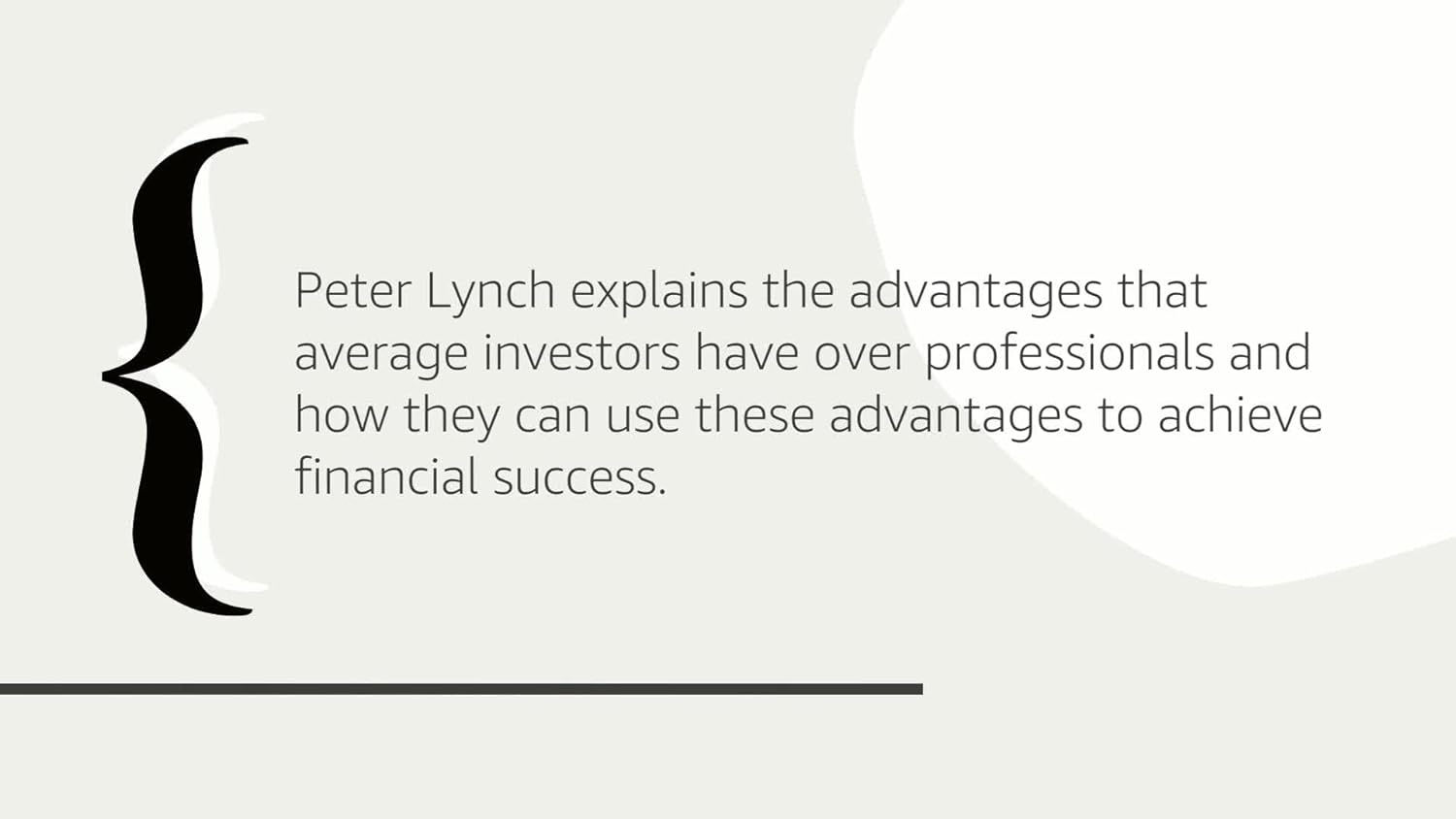
One Up On Wall Street: How To Use What You Already Know To Make Money In The Market
Are you sure you want to delete this listing?
All related data including comments will be permanently deleted.
Yes, please delete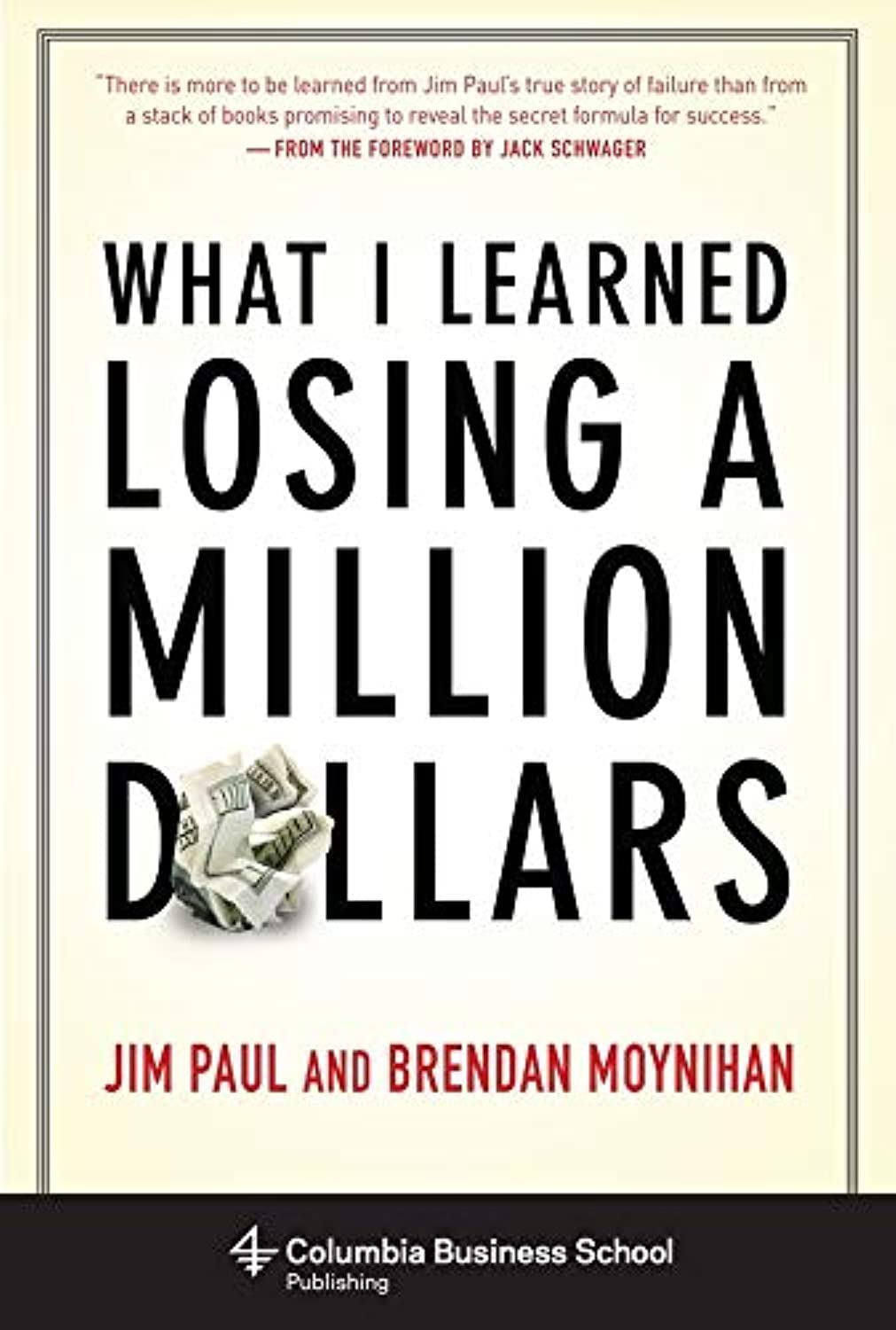
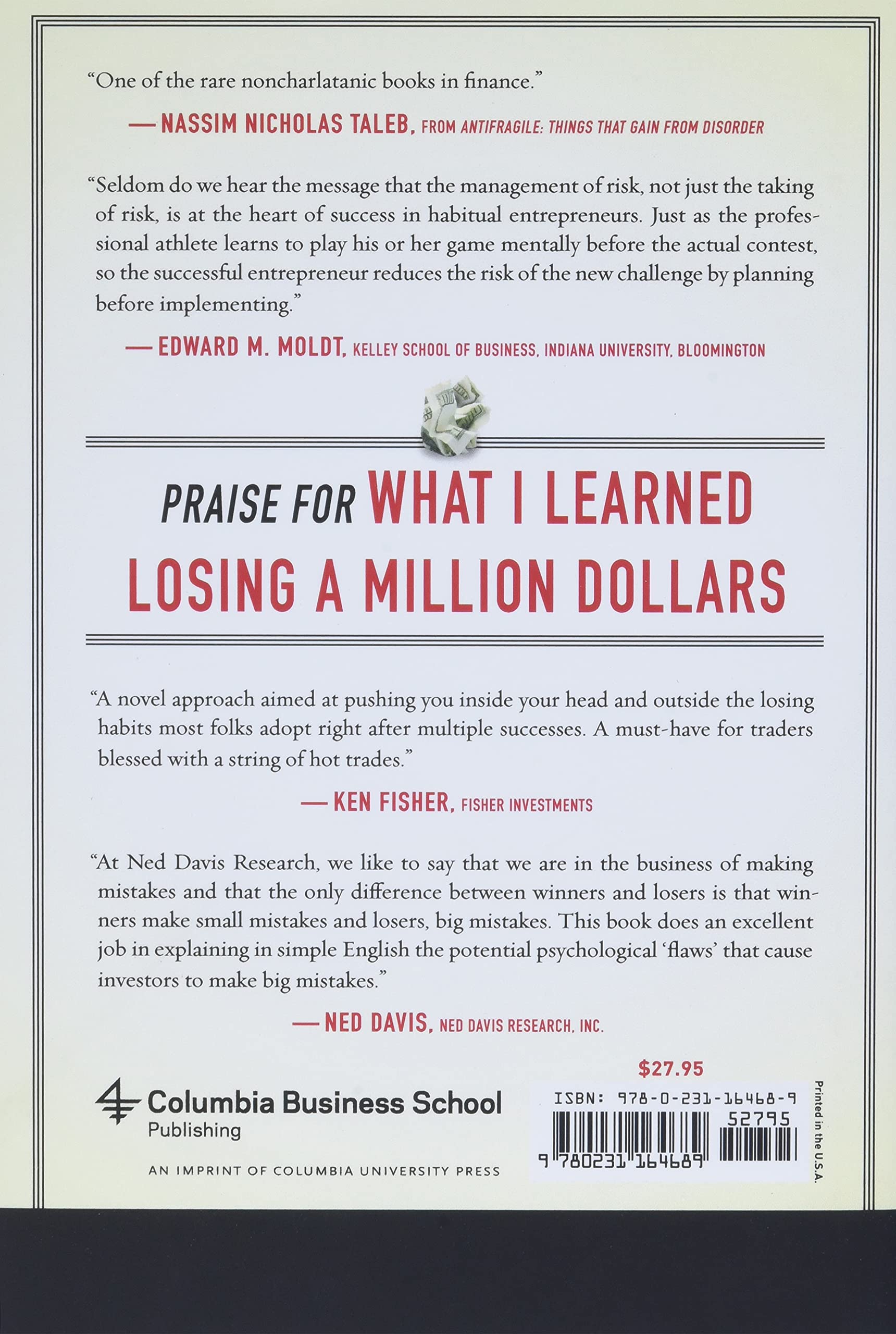
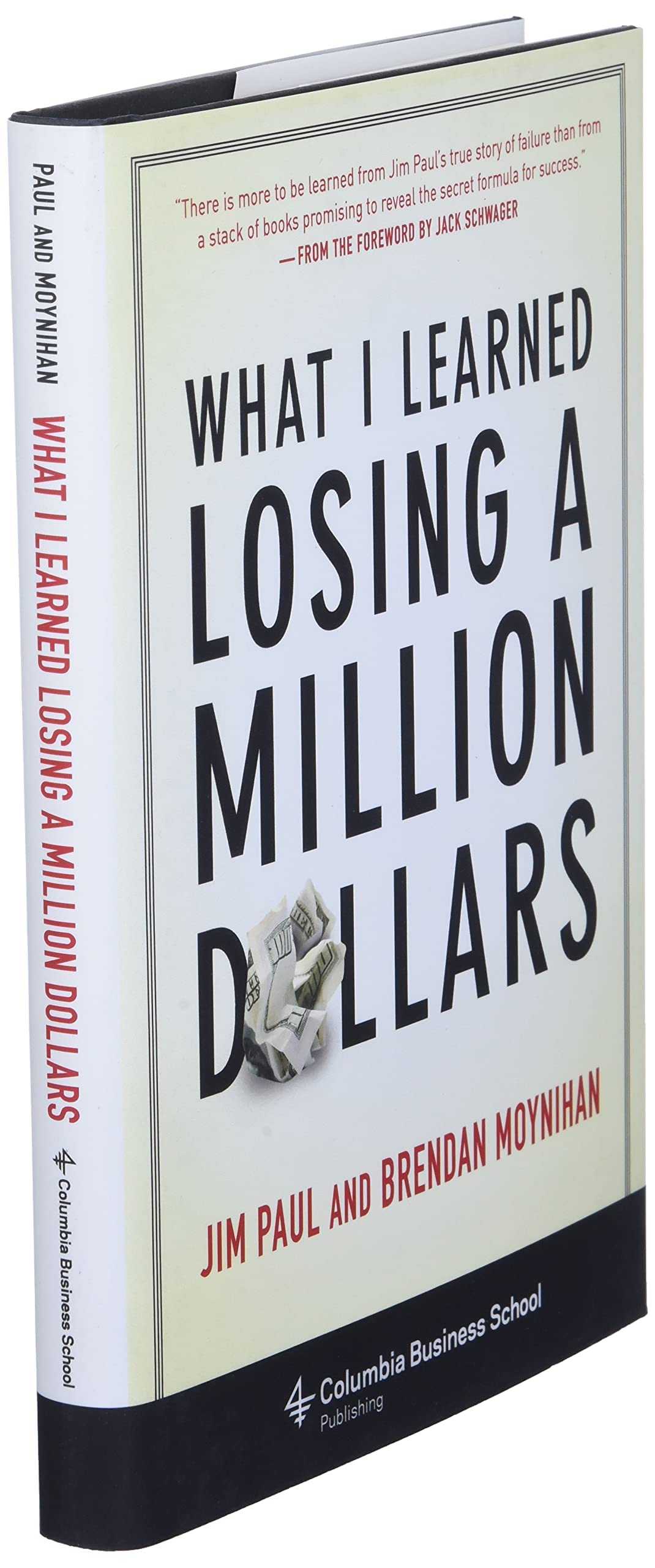
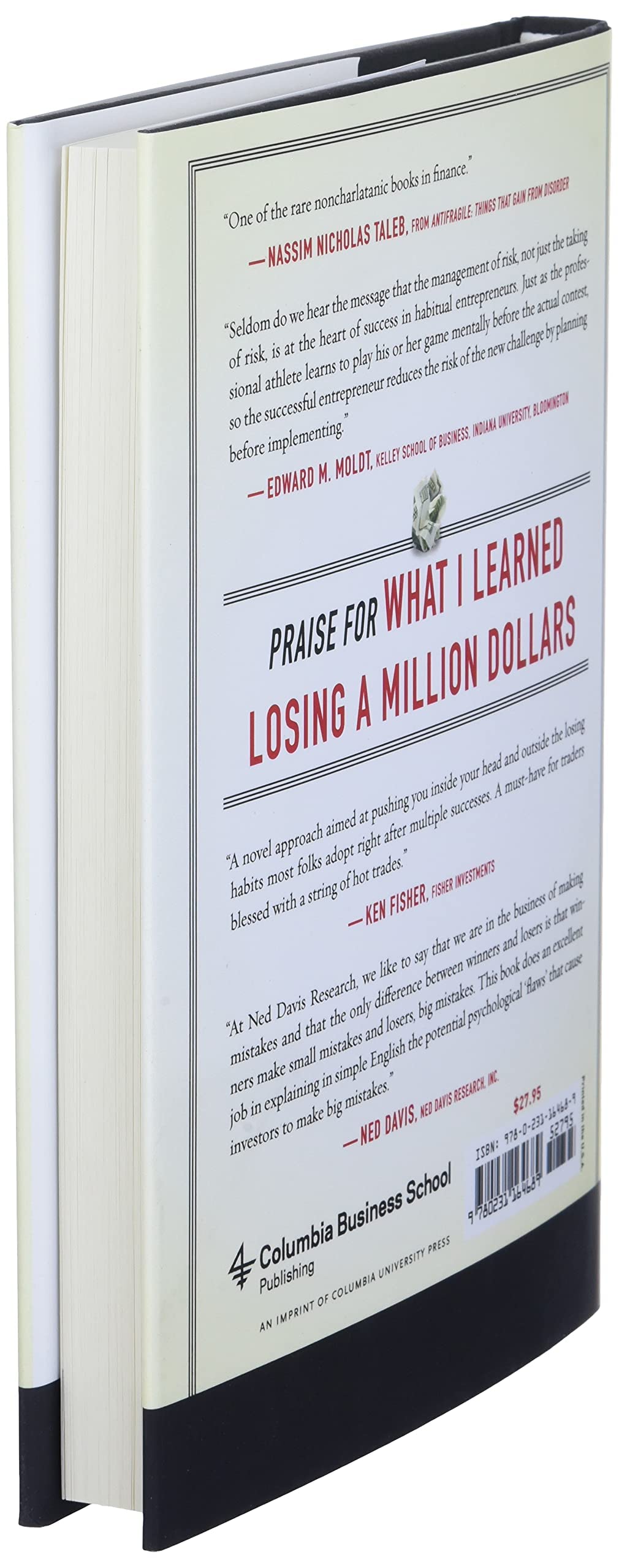
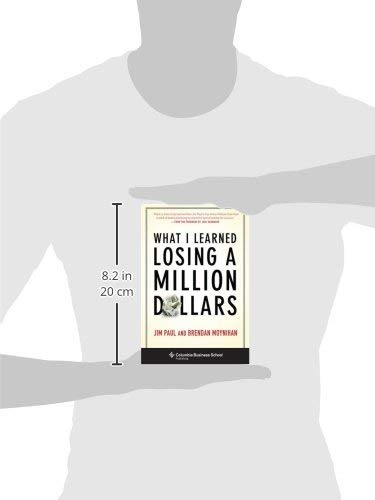
What I Learned Losing a Million Dollars (Columbia Business School Publishing)
Are you sure you want to delete this listing?
All related data including comments will be permanently deleted.
Yes, please delete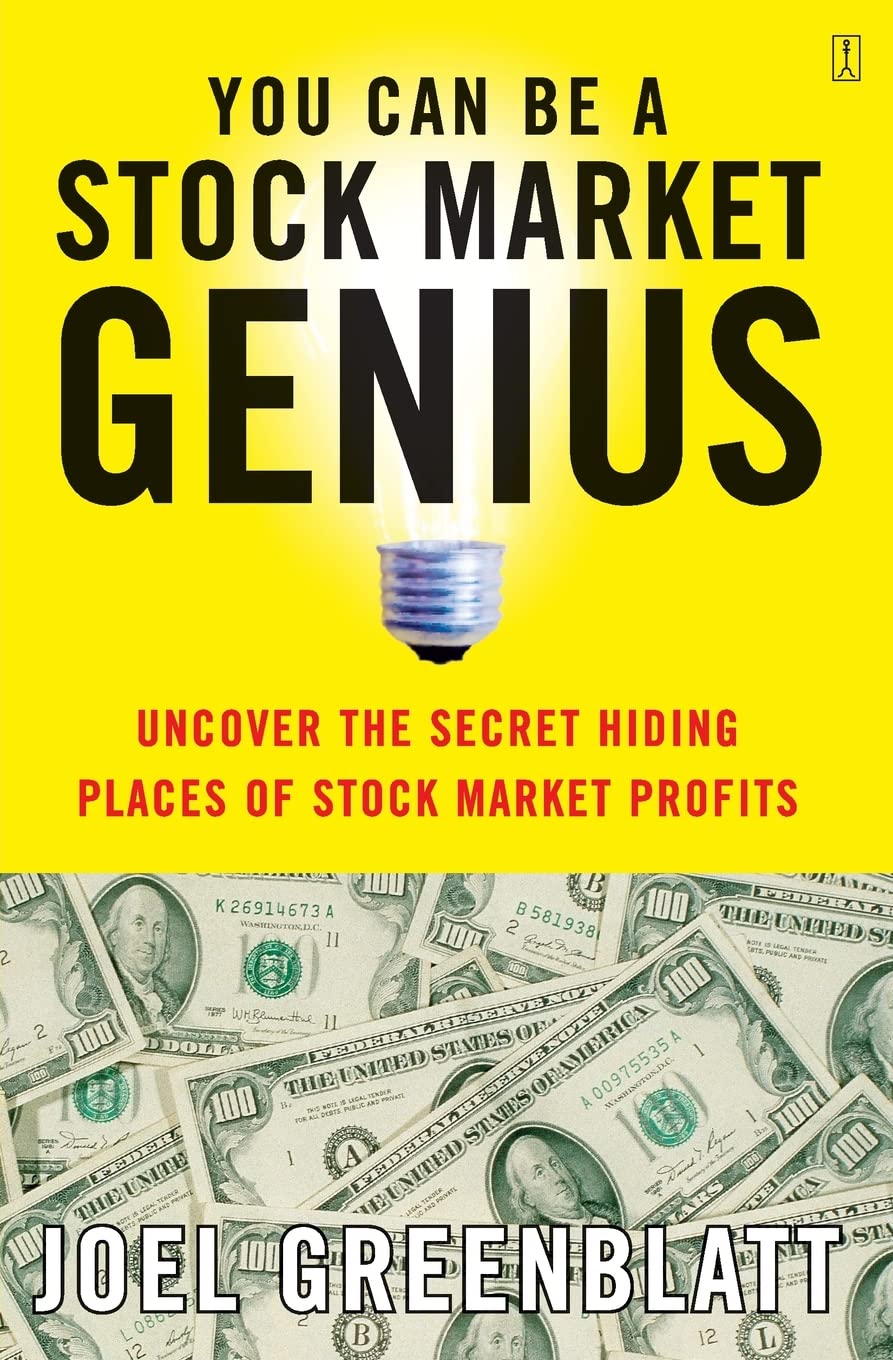
You Can Be a Stock Market Genius: Uncover the Secret Hiding Places of Stock Market Profits
Are you sure you want to delete this listing?
All related data including comments will be permanently deleted.
Yes, please delete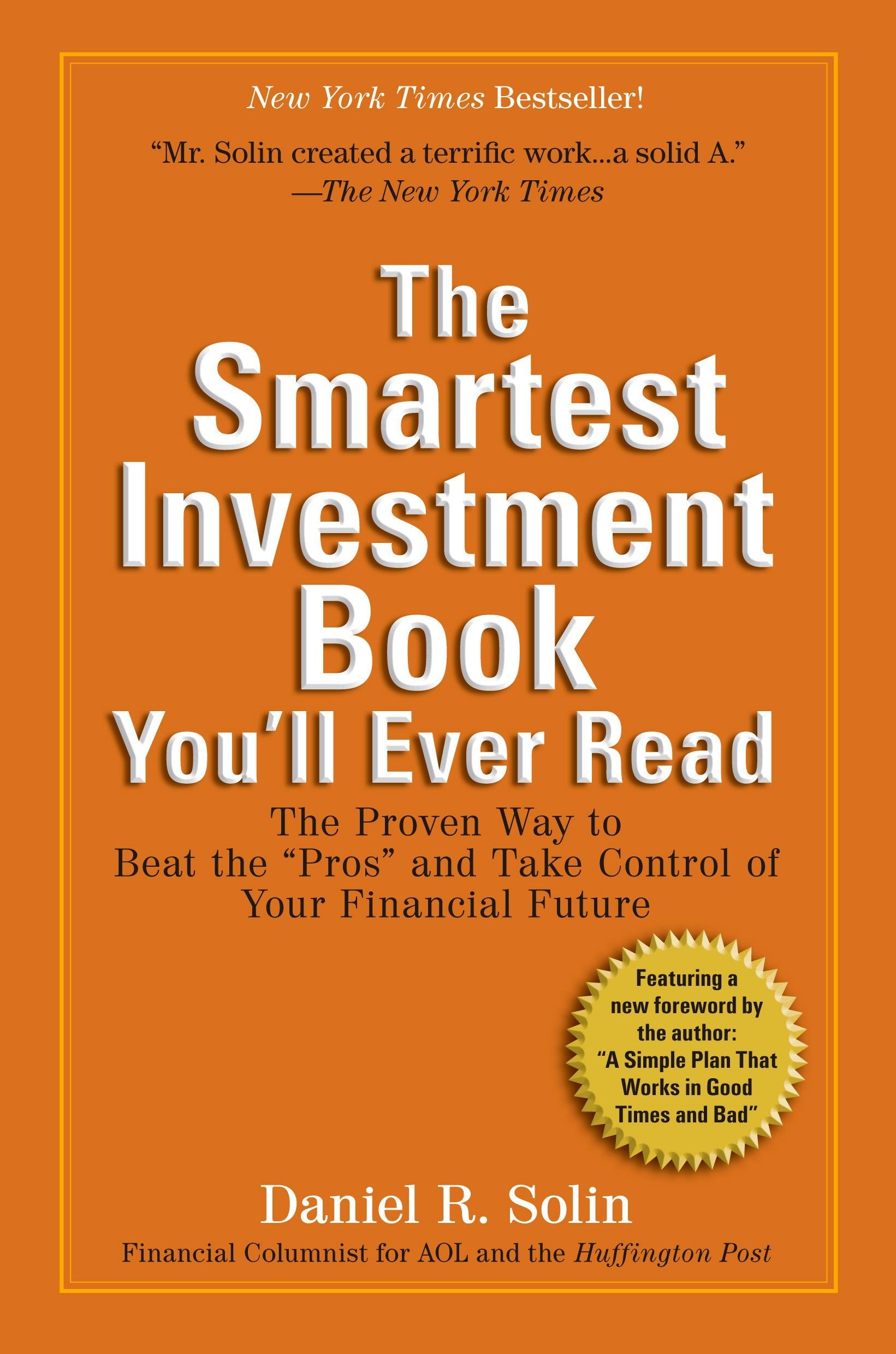
The Smartest Investment Book You'll Ever Read: The Proven Way to Beat the "Pros" and Take Control of Your Financial Future
Are you sure you want to delete this listing?
All related data including comments will be permanently deleted.
Yes, please delete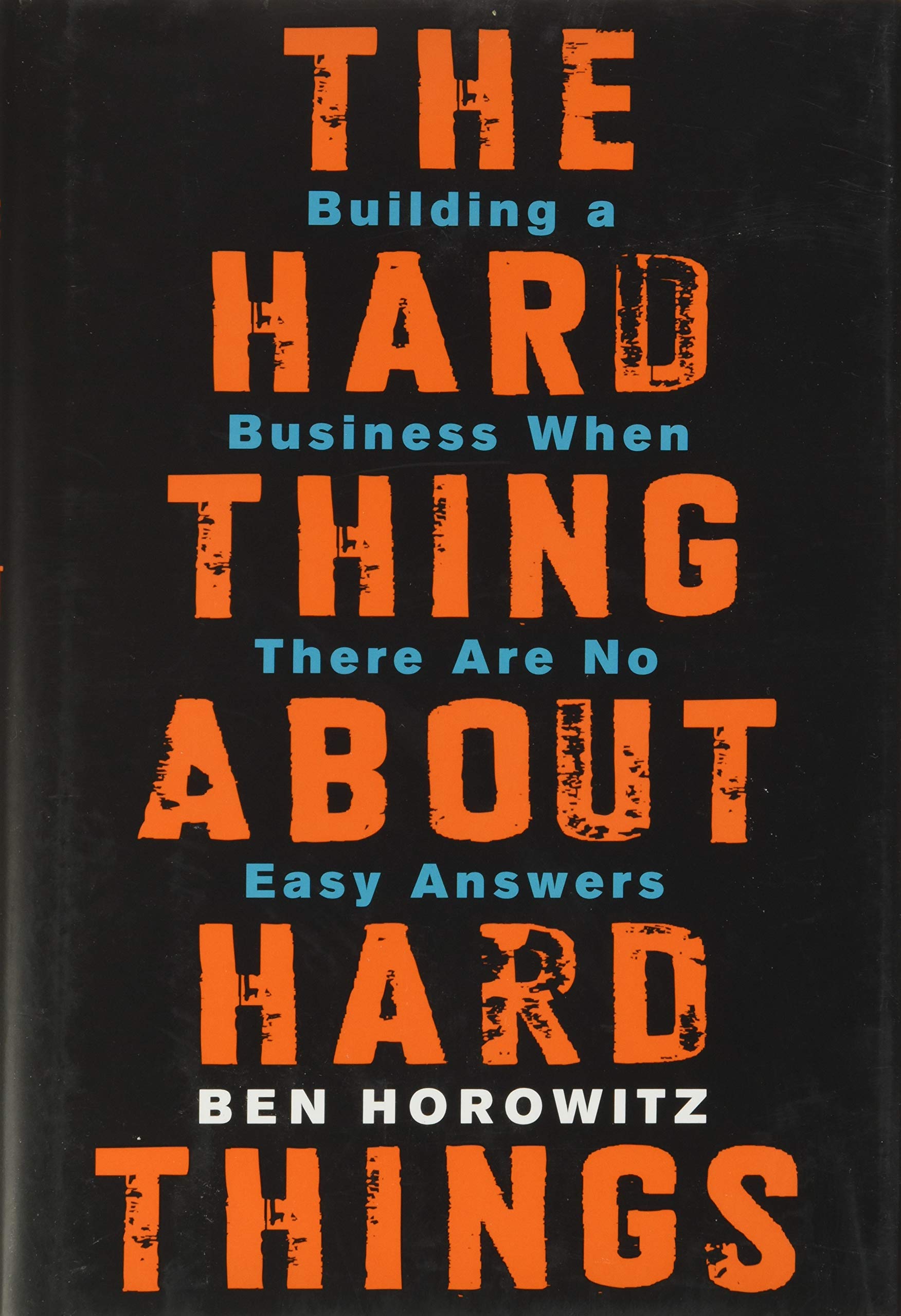
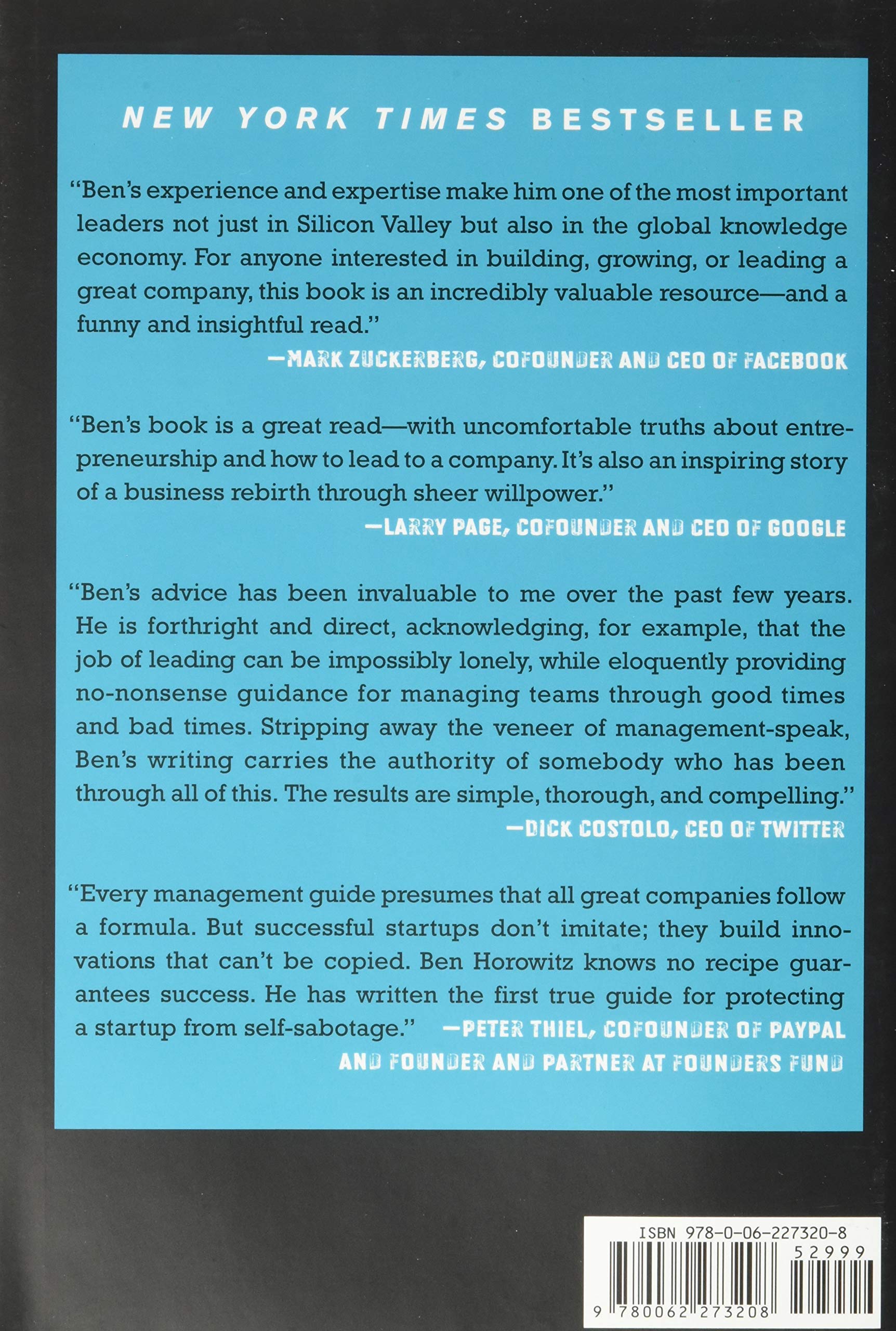
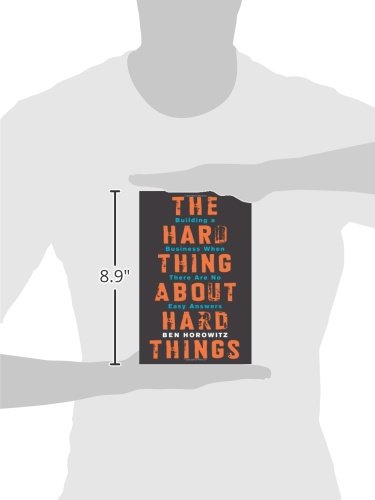
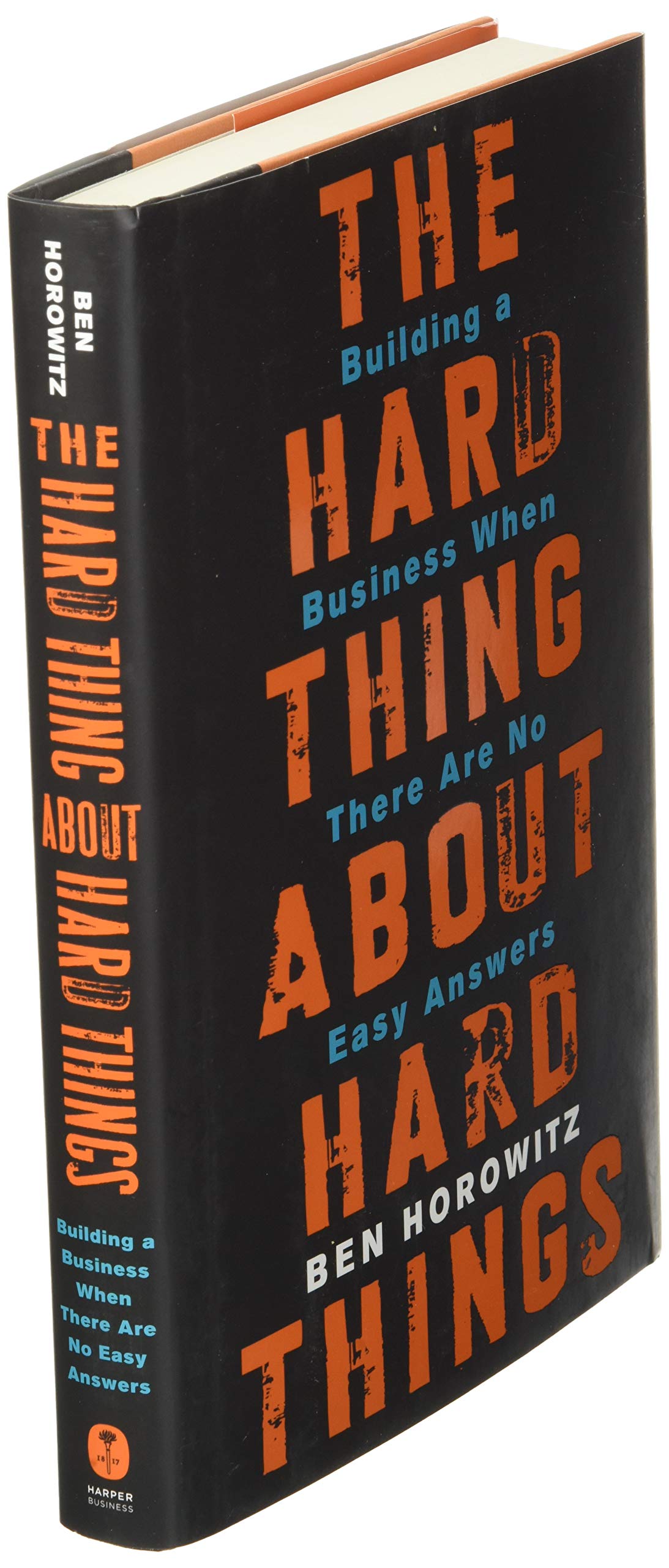
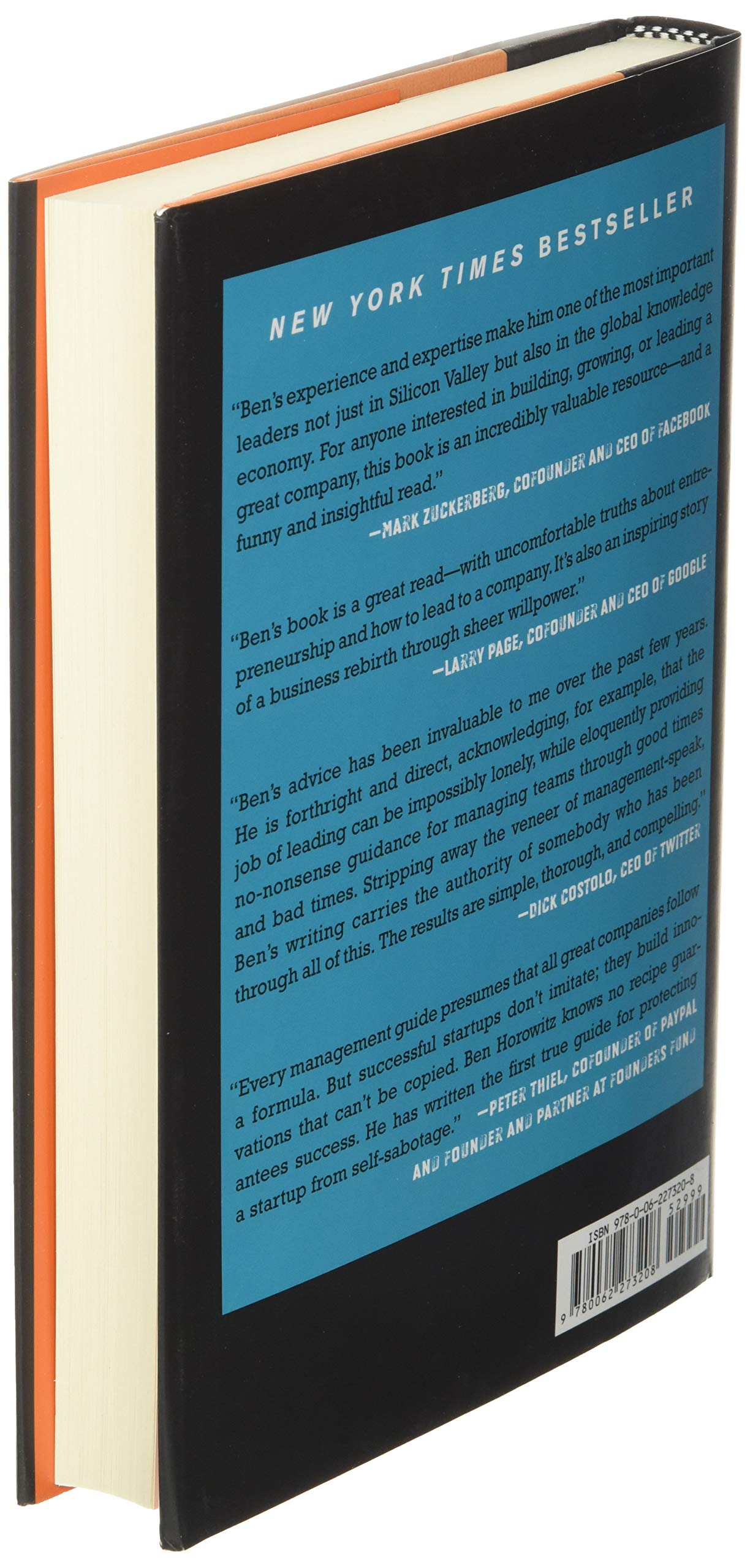
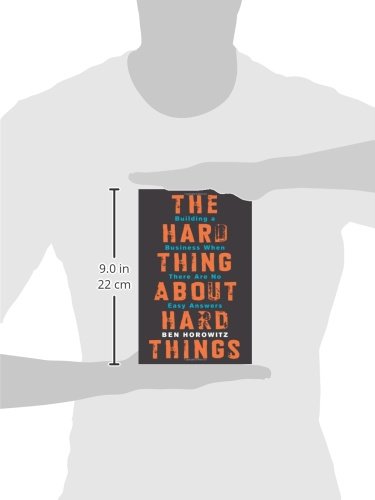
The Hard Thing About Hard Things: Building a Business When There Are No Easy Answers
Are you sure you want to delete this listing?
All related data including comments will be permanently deleted.
Yes, please delete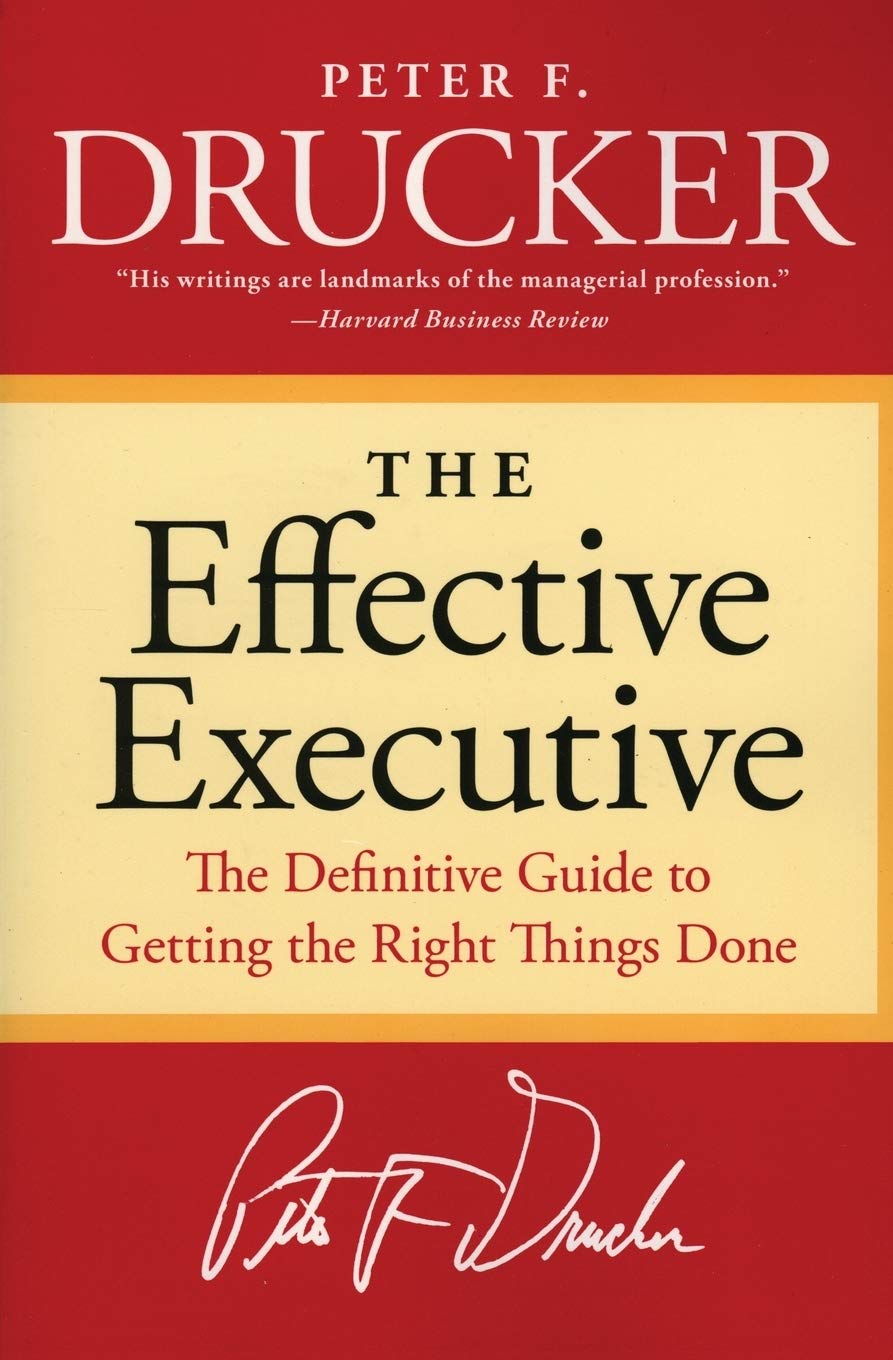
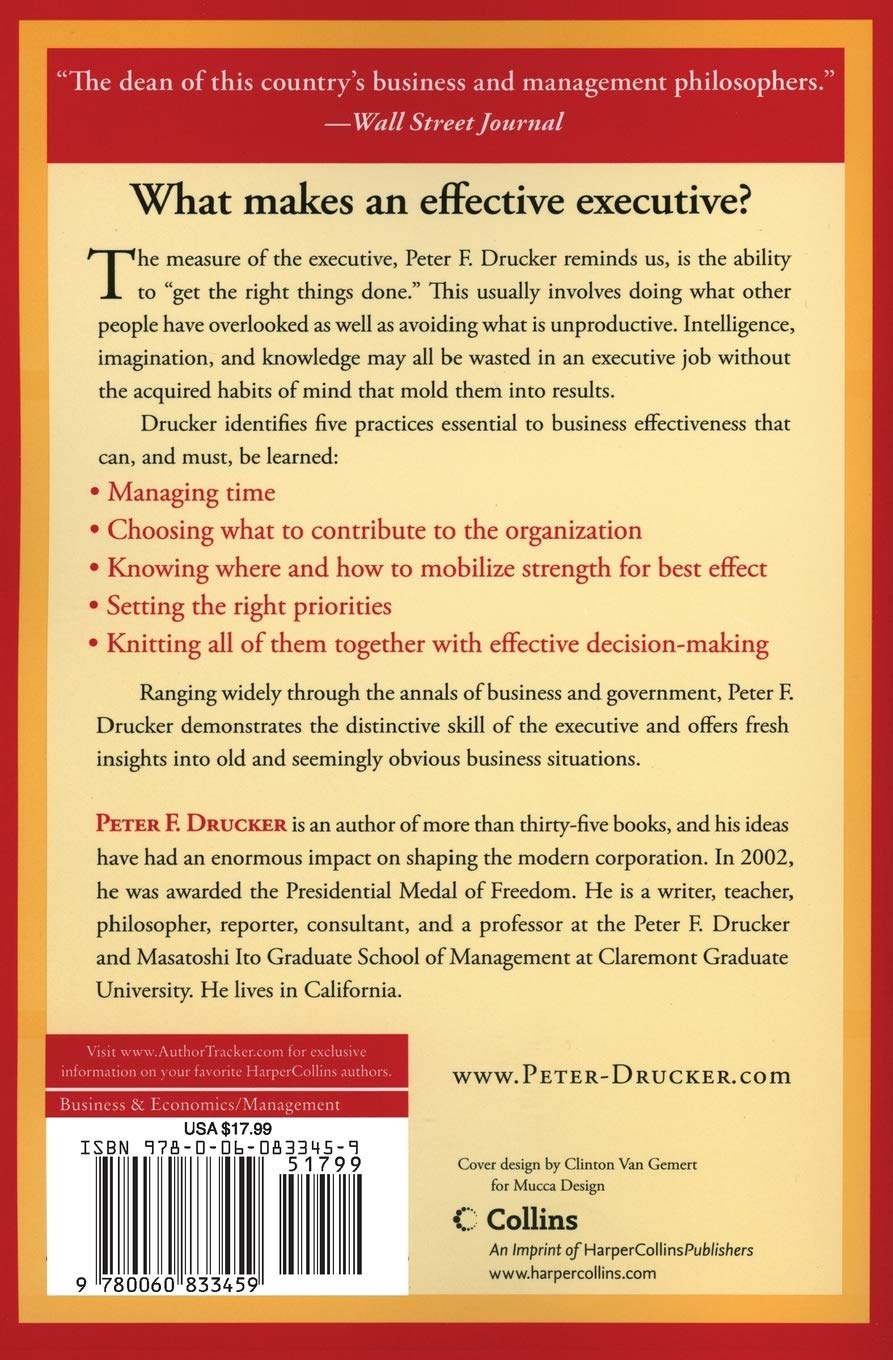
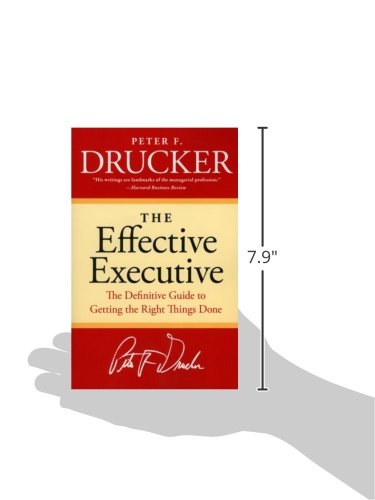
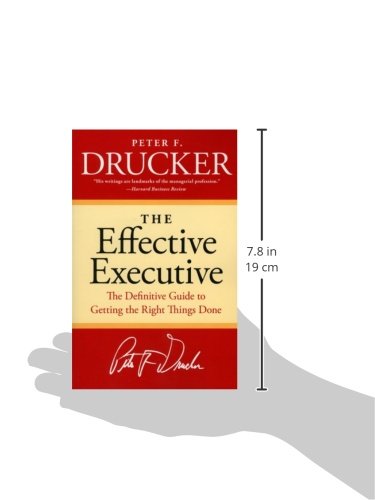
The Effective Executive: The Definitive Guide to Getting the Right Things Done (Harperbusiness Essentials)
Are you sure you want to delete this listing?
All related data including comments will be permanently deleted.
Yes, please delete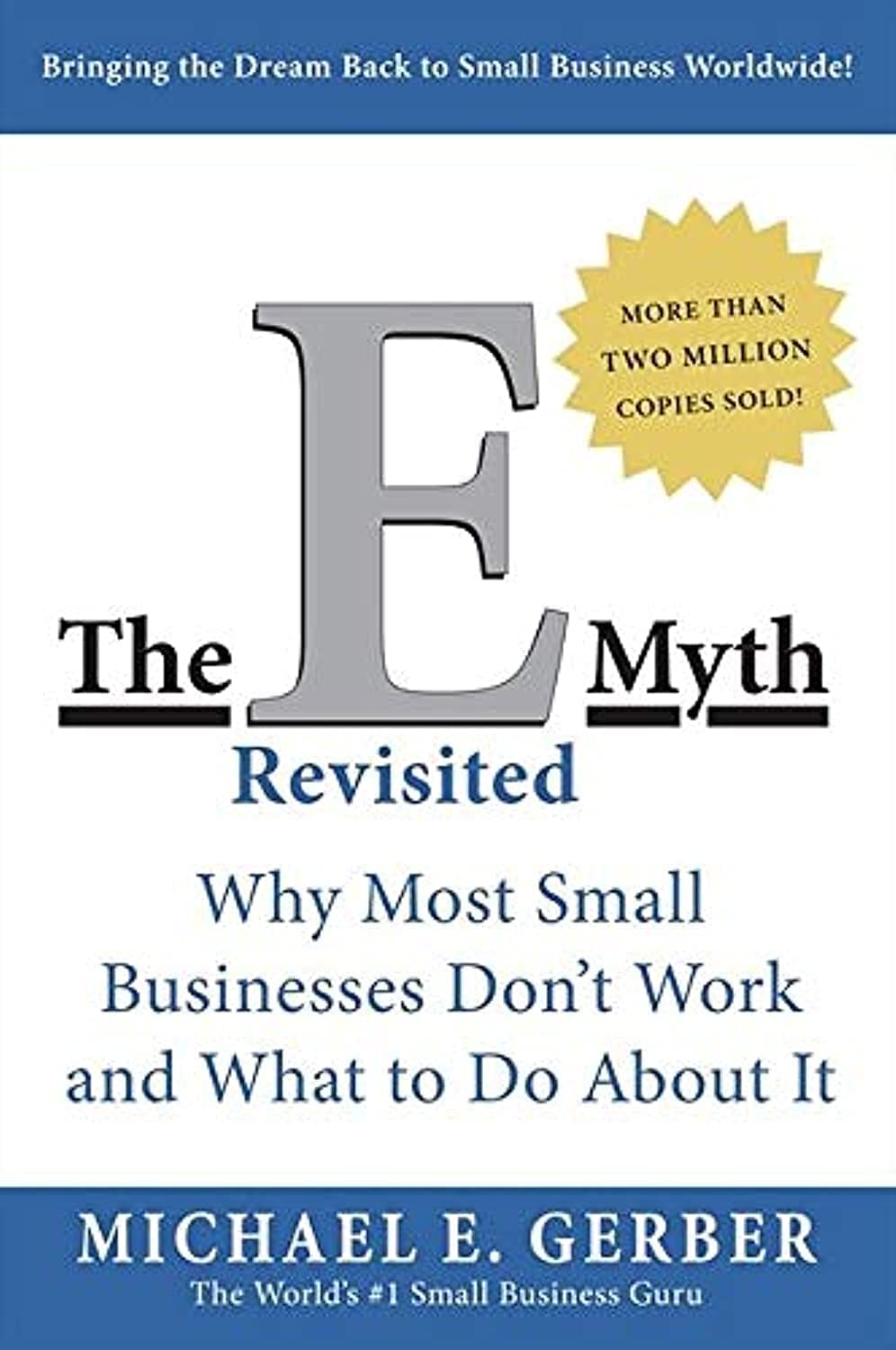
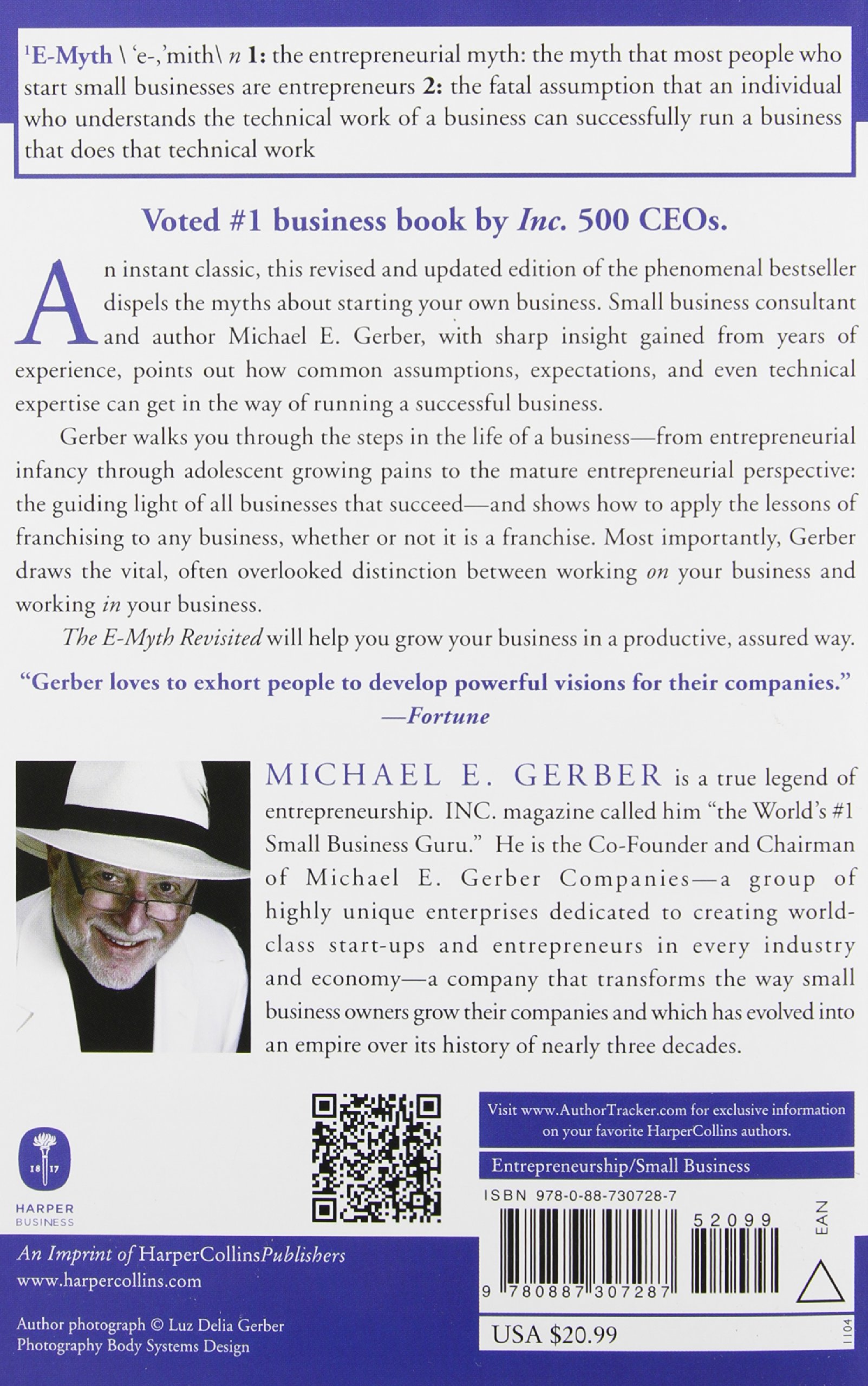
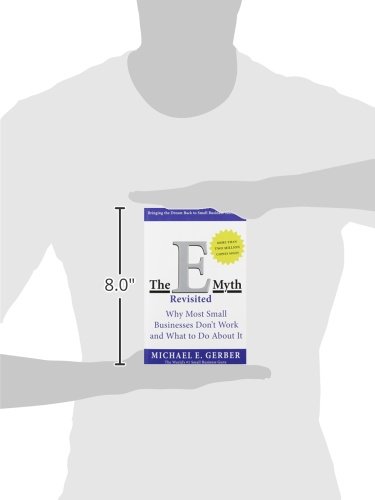
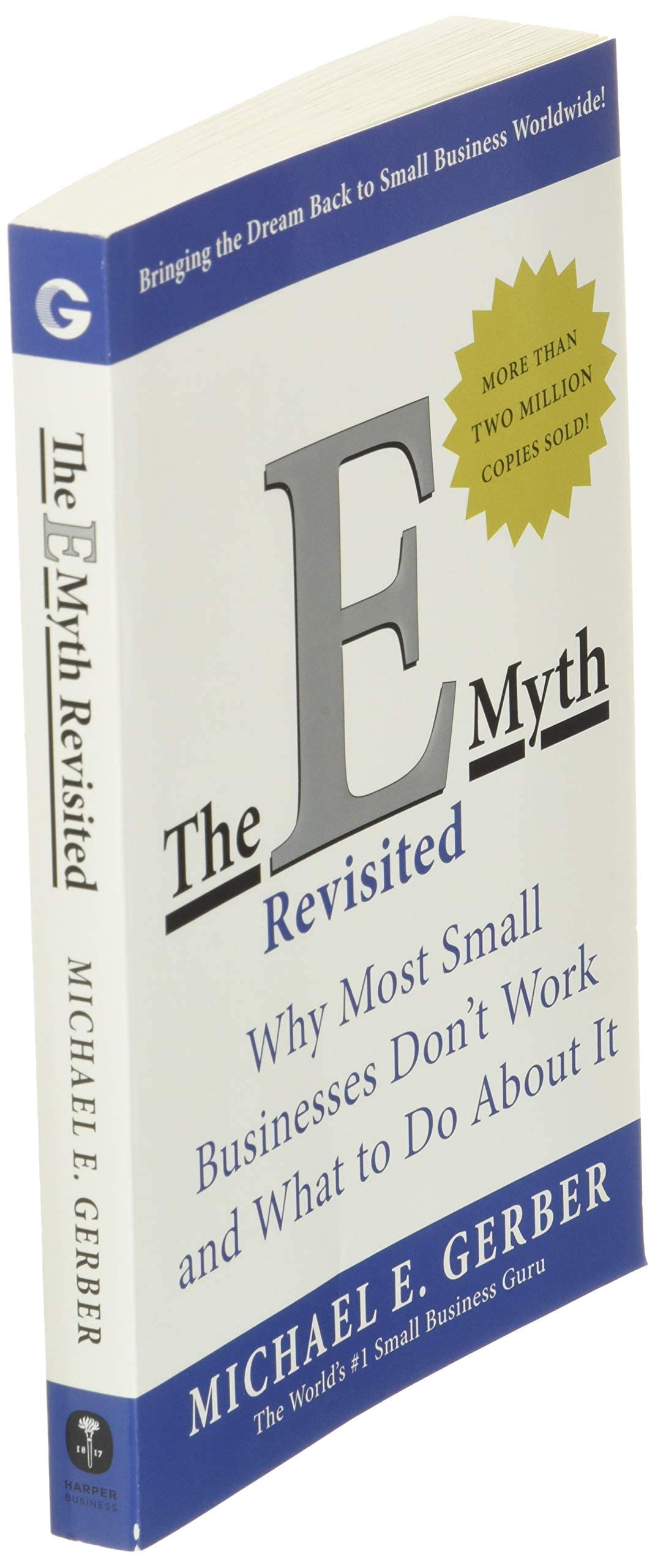
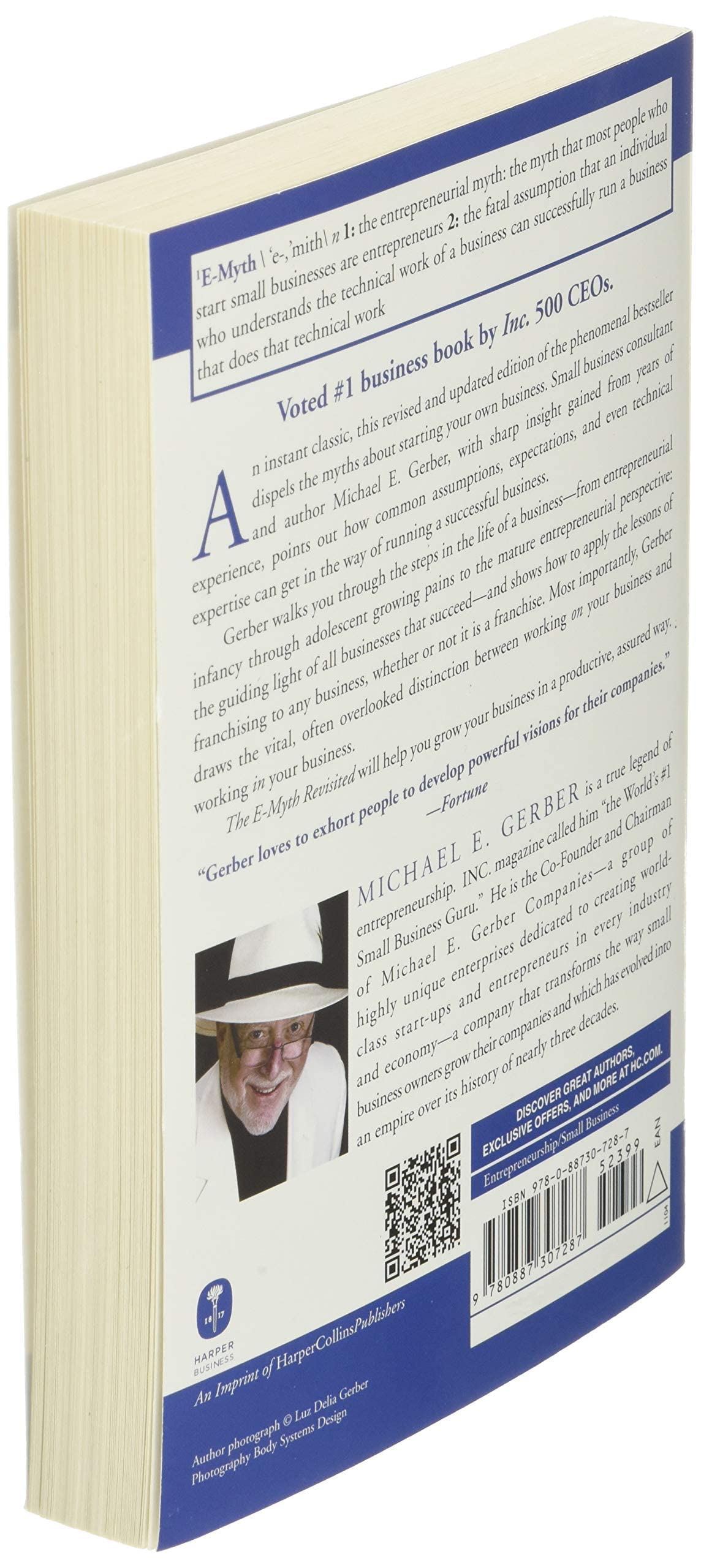
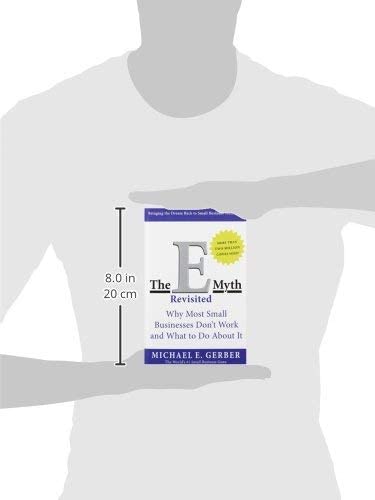
The E-Myth Revisited: Why Most Small Businesses Don't Work and What to Do About It
Are you sure you want to delete this listing?
All related data including comments will be permanently deleted.
Yes, please delete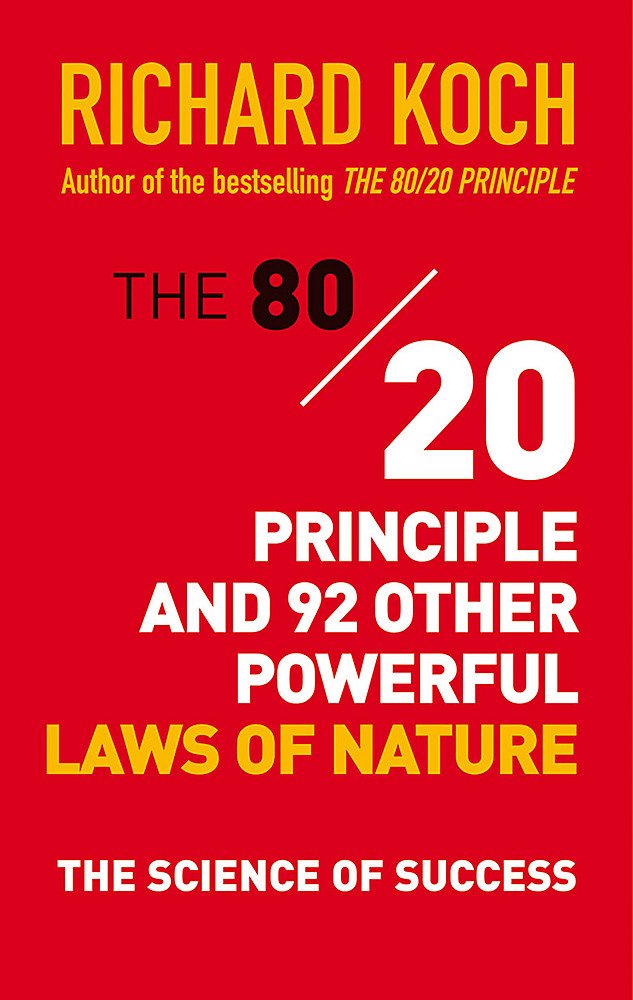
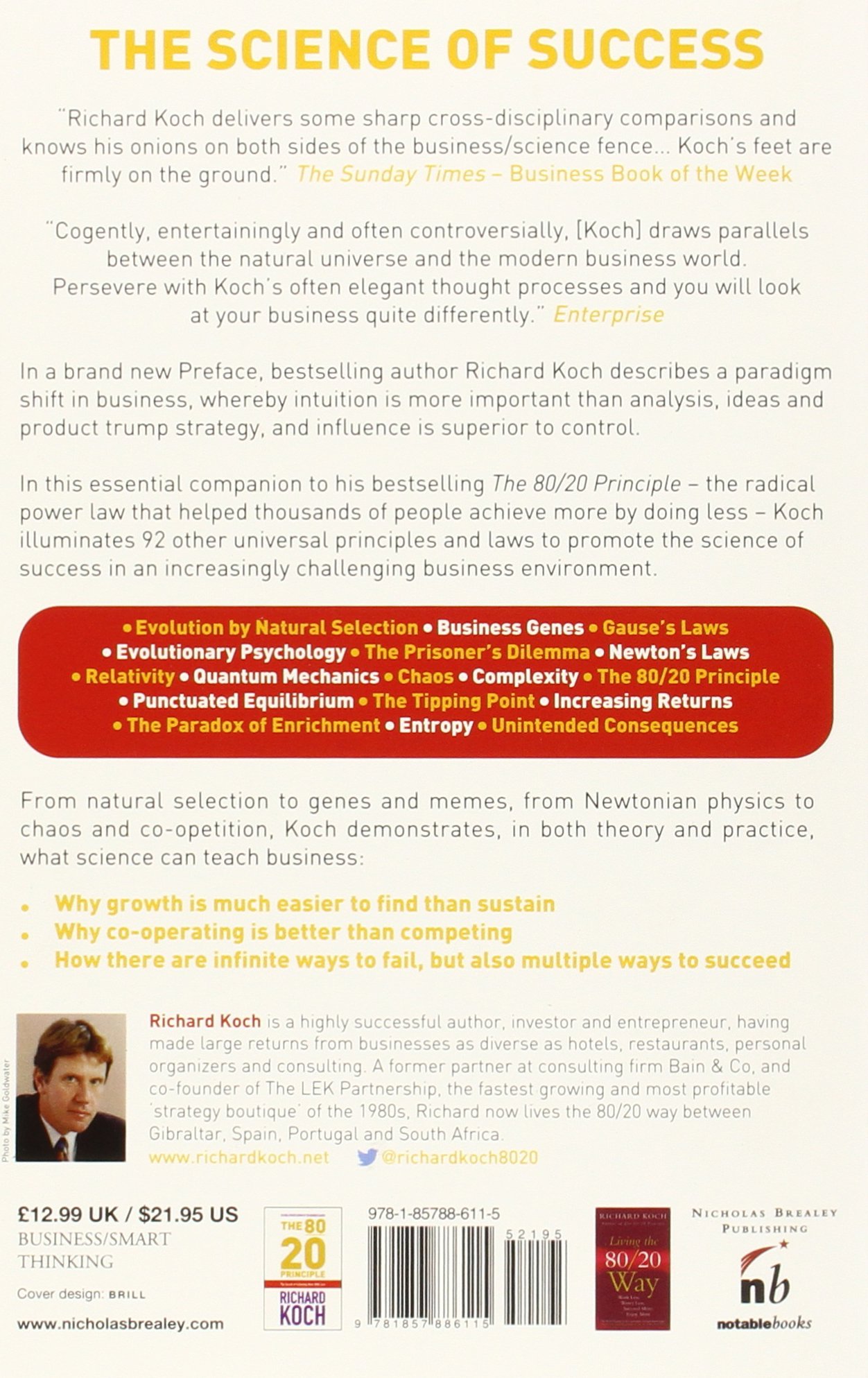
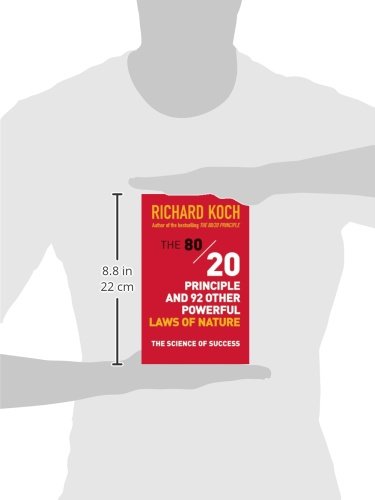
The 80/20 Principle and 92 Other Powerful Laws of Nature: The Science of Success
Are you sure you want to delete this listing?
All related data including comments will be permanently deleted.
Yes, please delete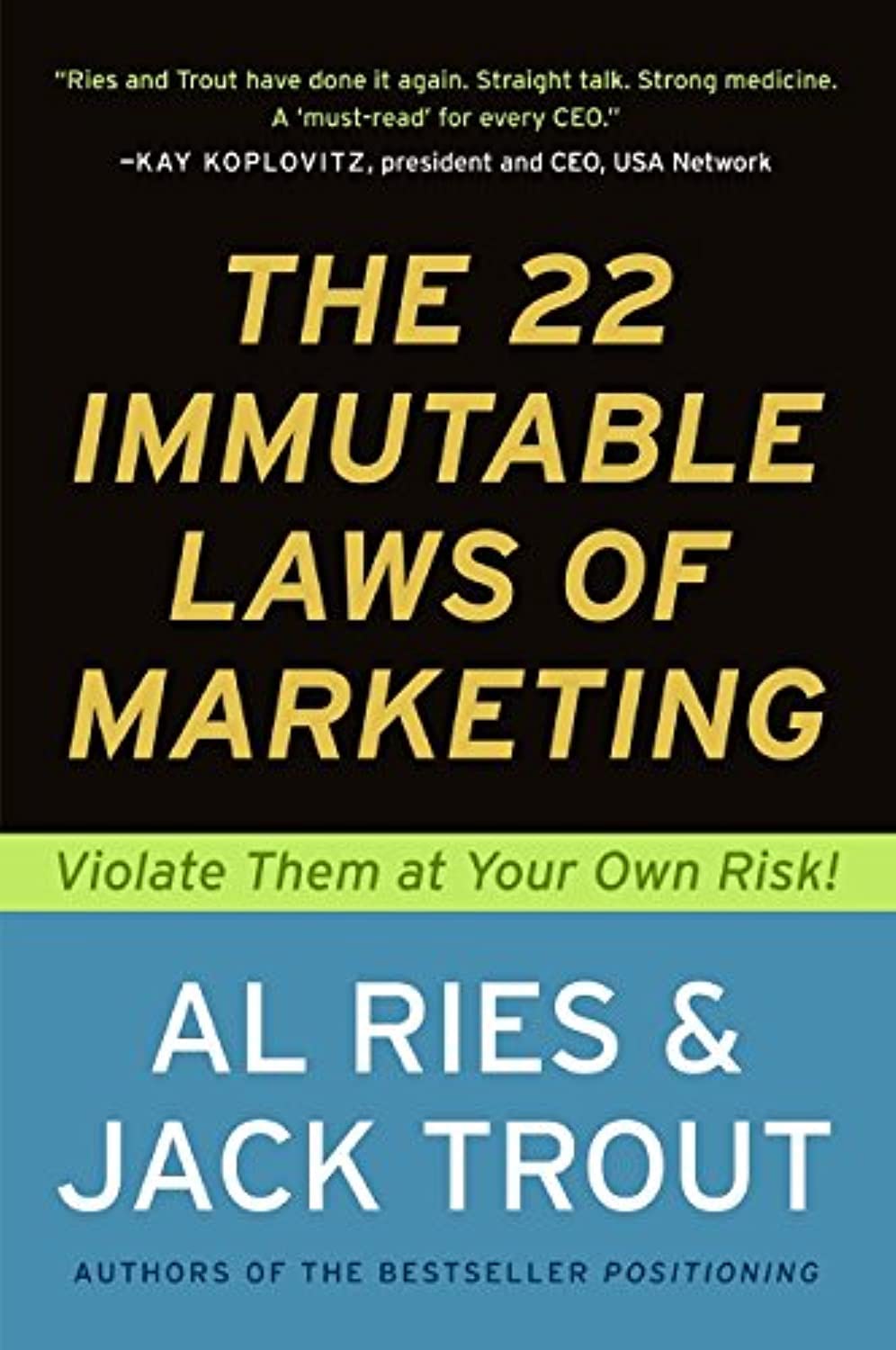
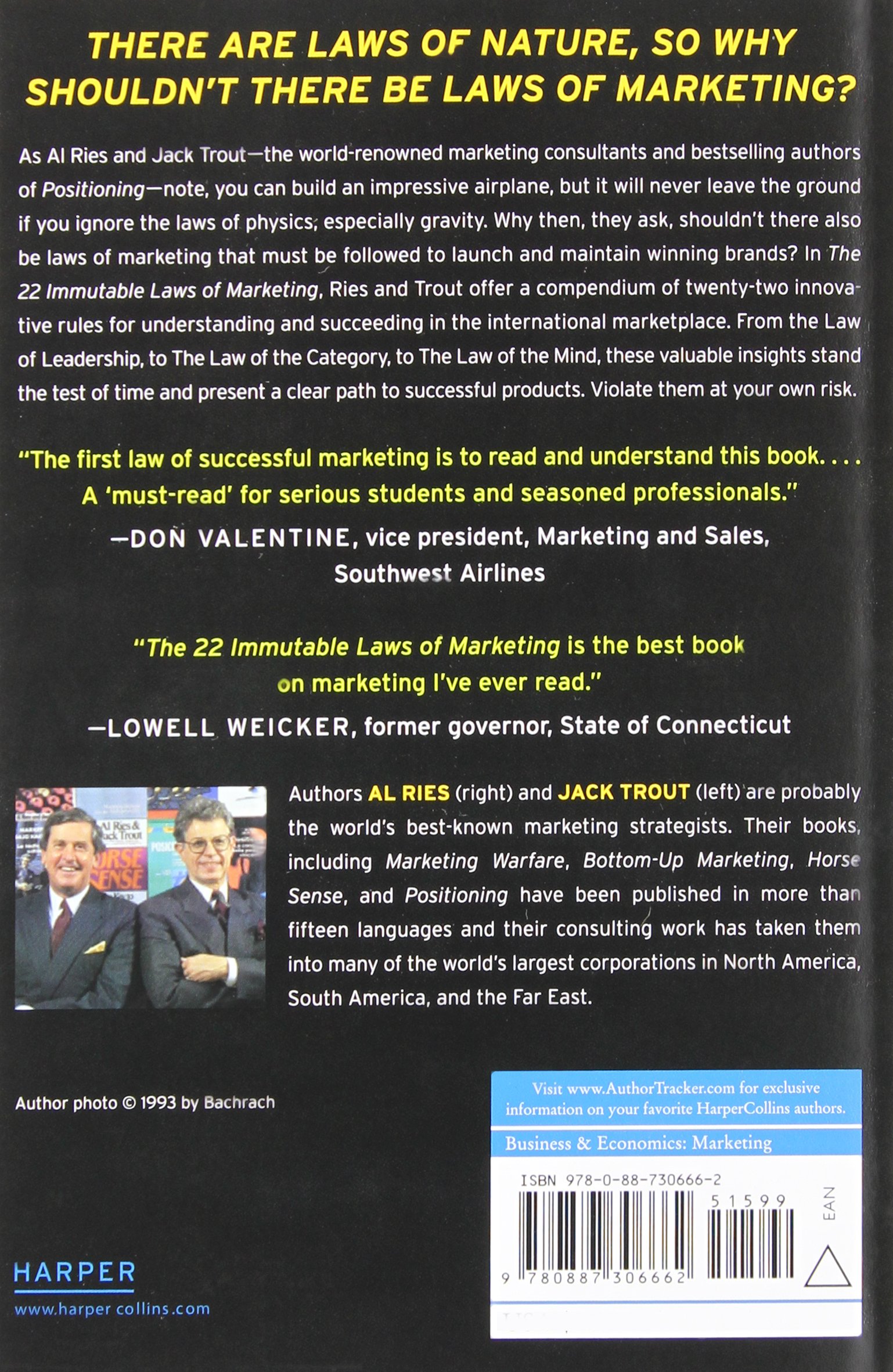
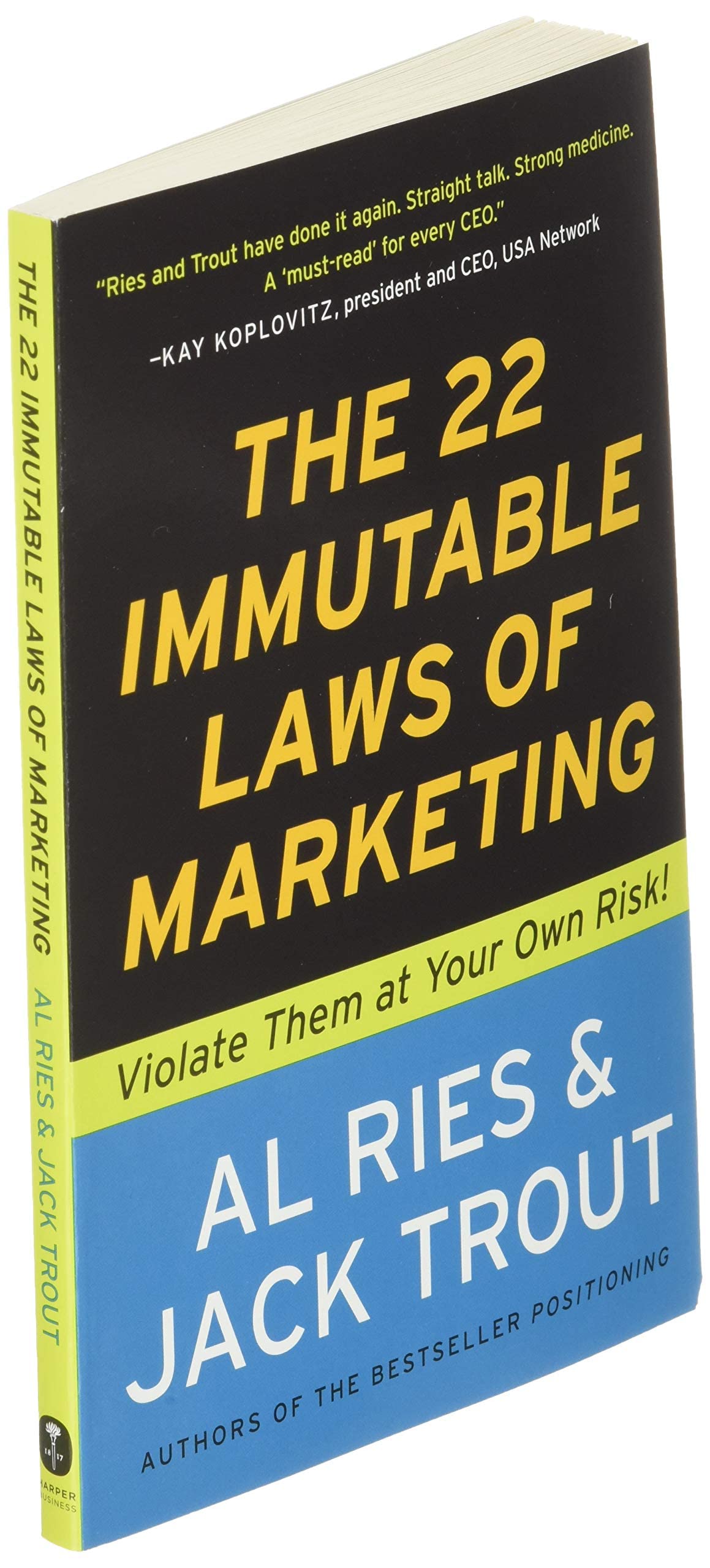
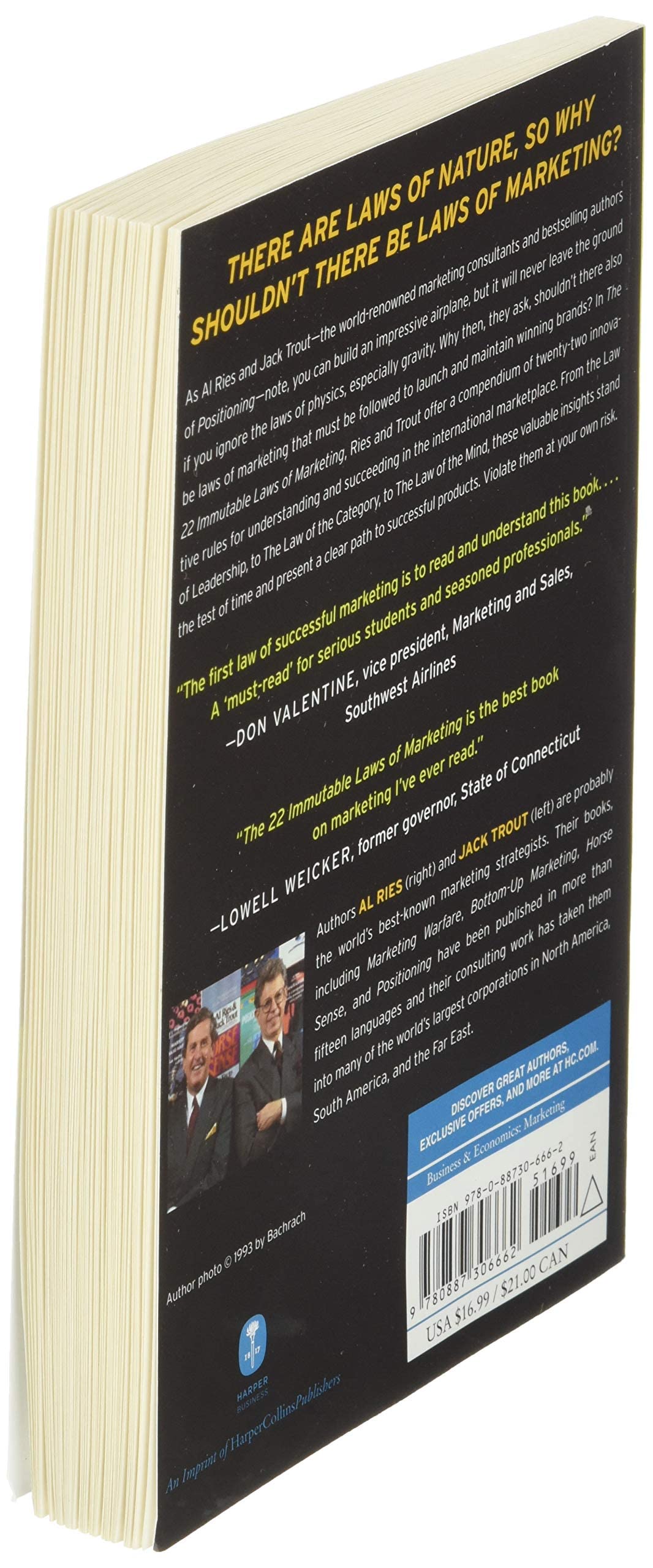
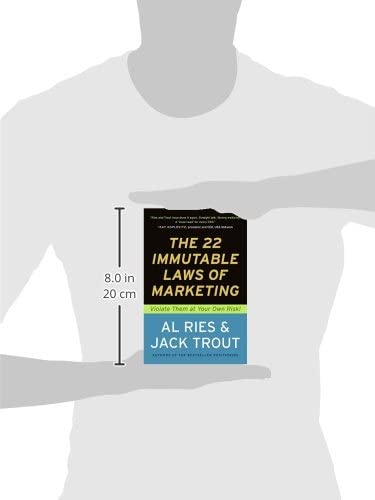
The 22 Immutable Laws of Marketing: Violate Them at Your Own Risk!
Are you sure you want to delete this listing?
All related data including comments will be permanently deleted.
Yes, please delete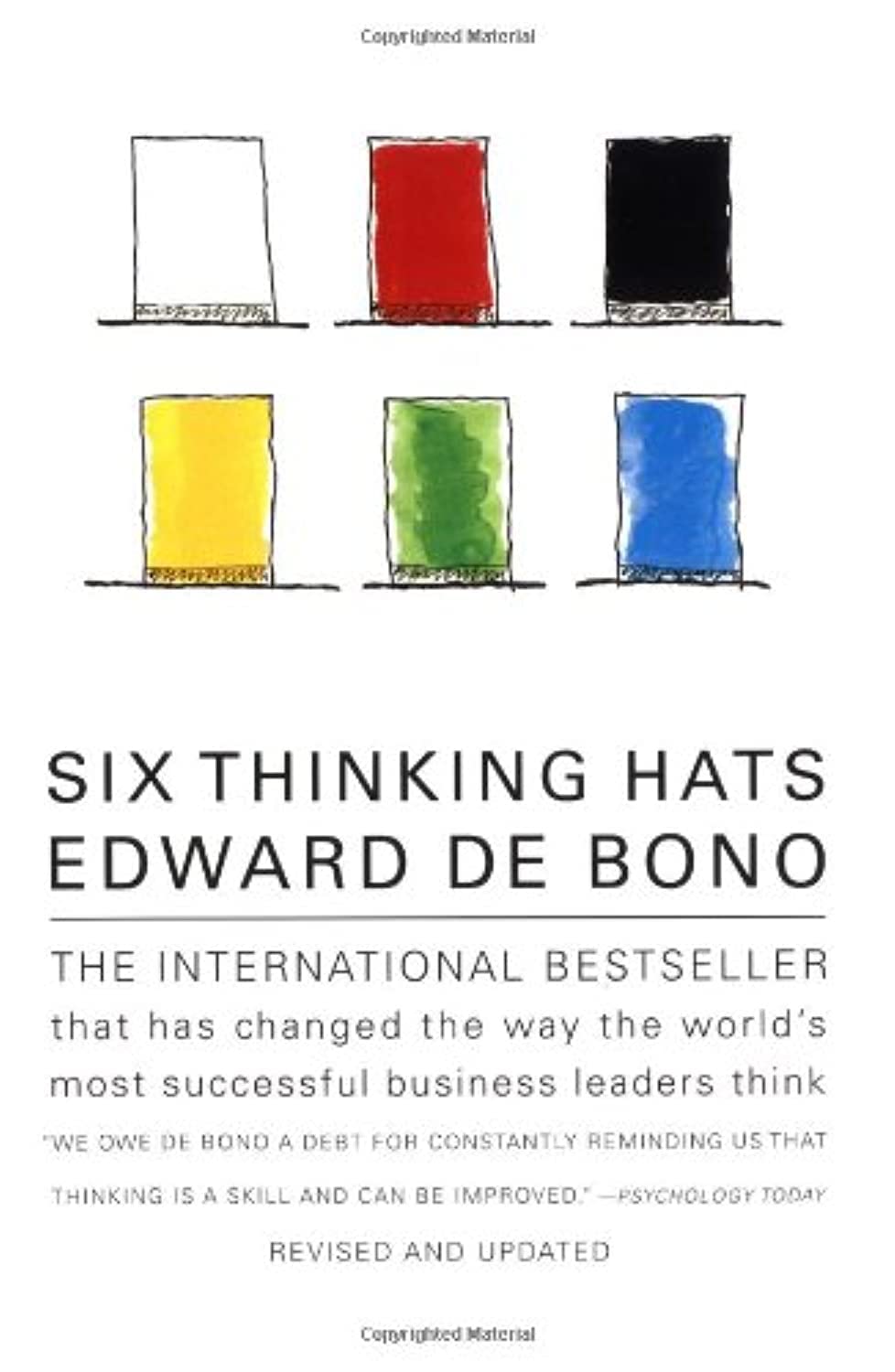
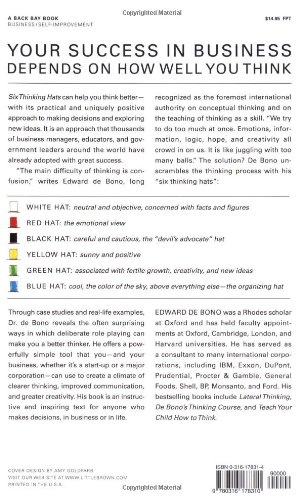
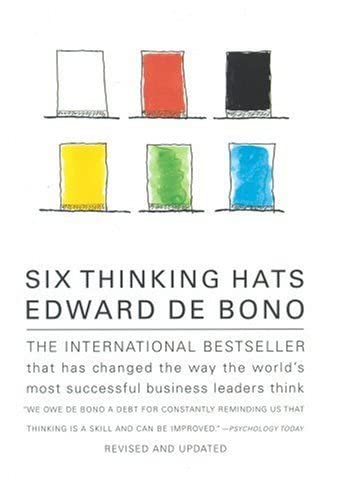
Six Thinking Hats
Are you sure you want to delete this listing?
All related data including comments will be permanently deleted.
Yes, please delete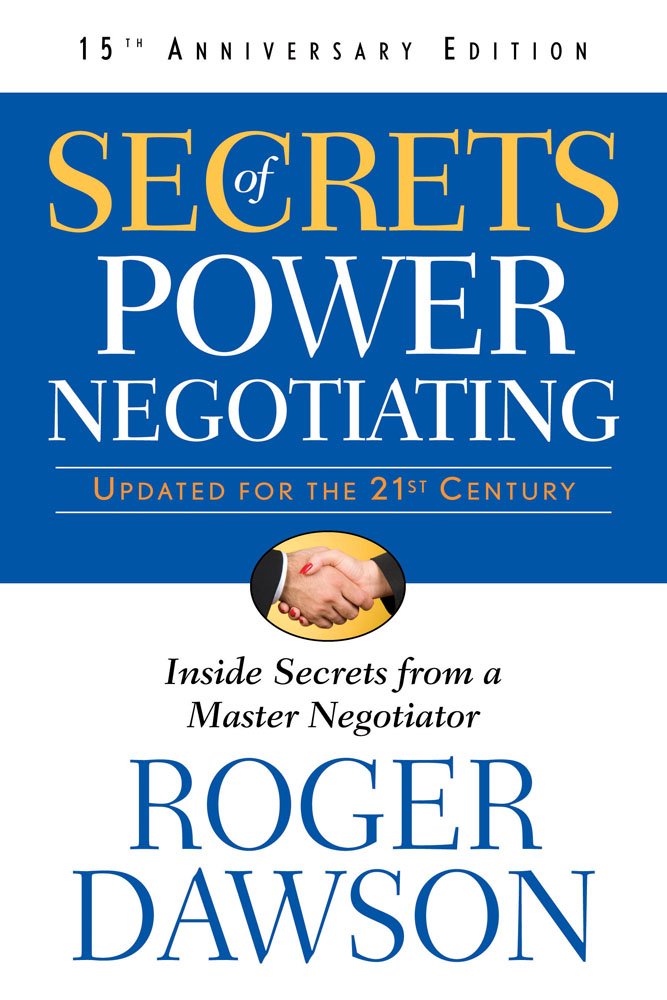
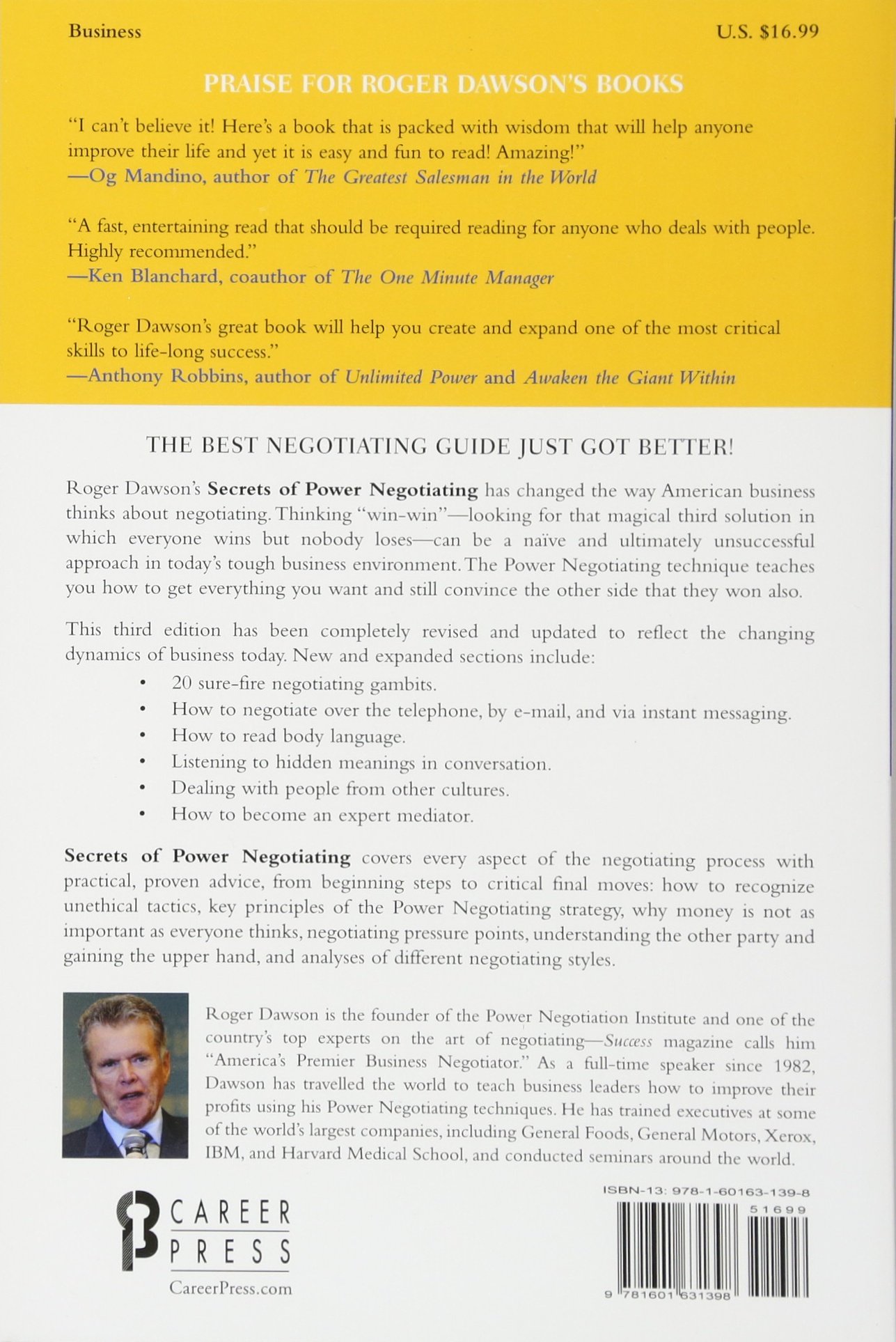
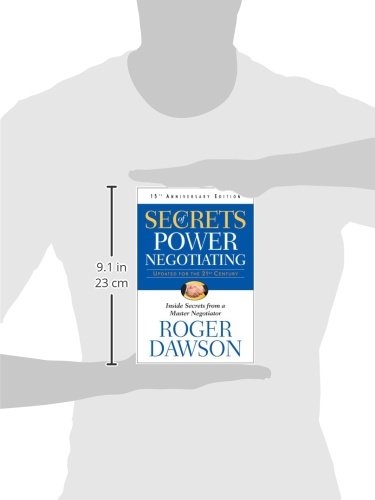
Secrets of Power Negotiating
Are you sure you want to delete this listing?
All related data including comments will be permanently deleted.
Yes, please delete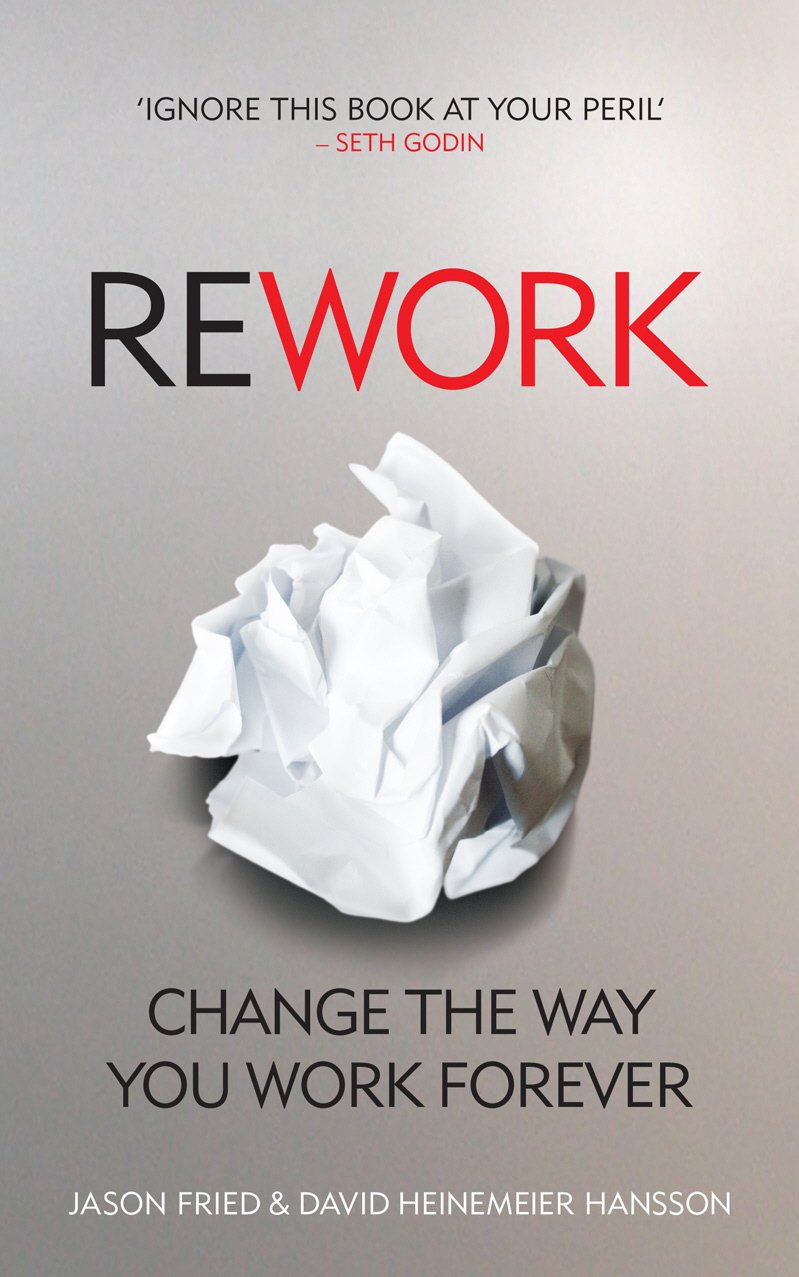
Rework: Change The Way You Work Forever
Are you sure you want to delete this listing?
All related data including comments will be permanently deleted.
Yes, please delete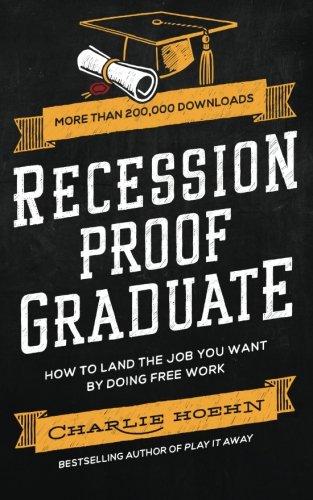
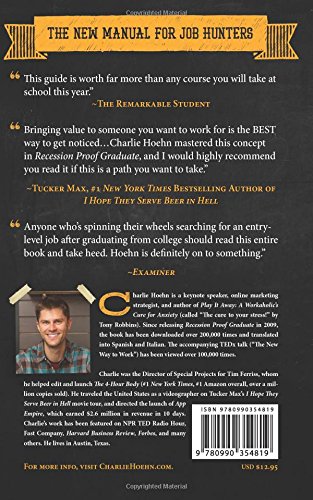
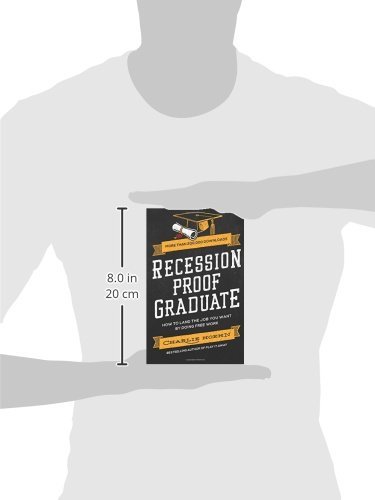
Recession Proof Graduate: How to Get The Job You Want by Doing Free Work
Are you sure you want to delete this listing?
All related data including comments will be permanently deleted.
Yes, please delete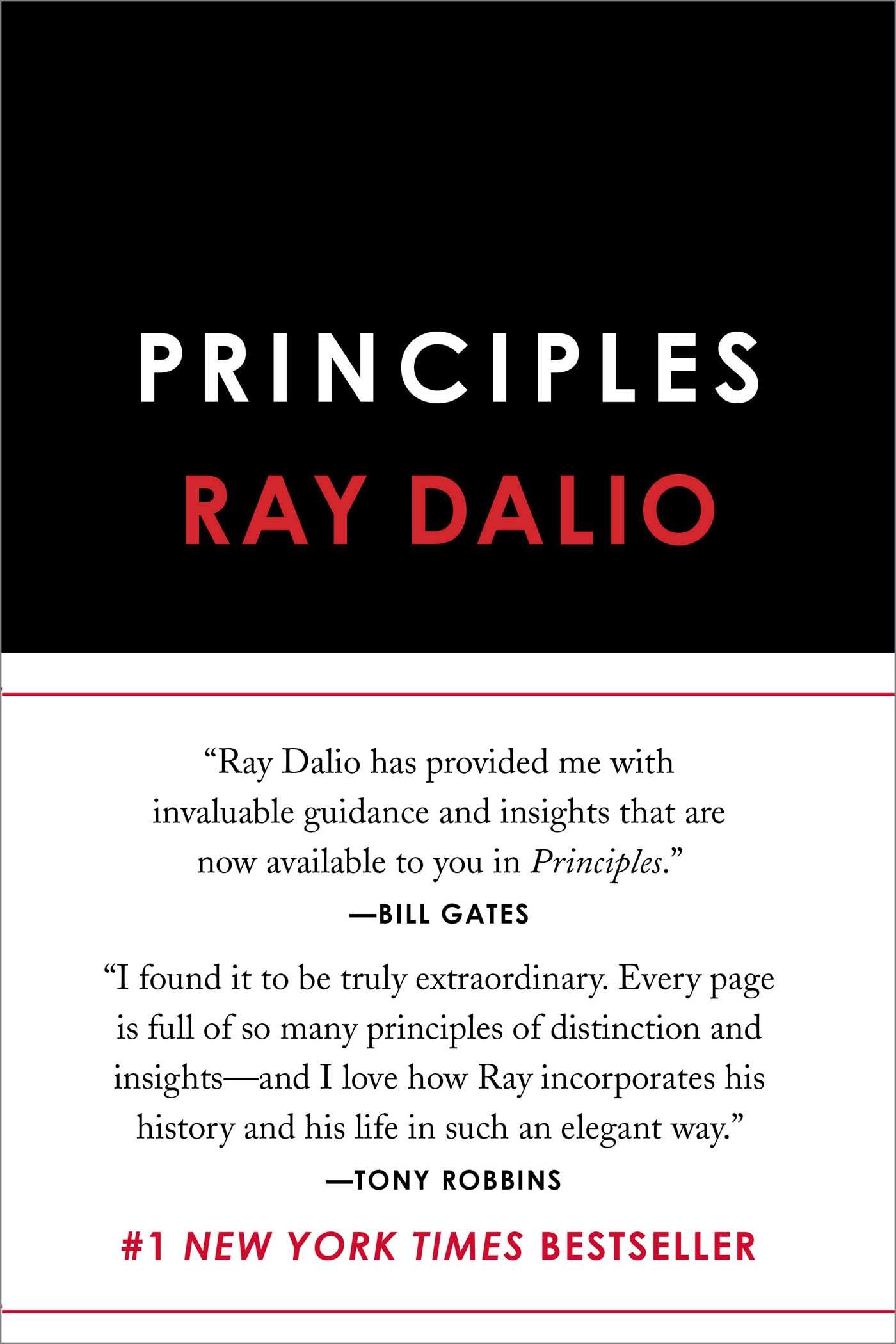
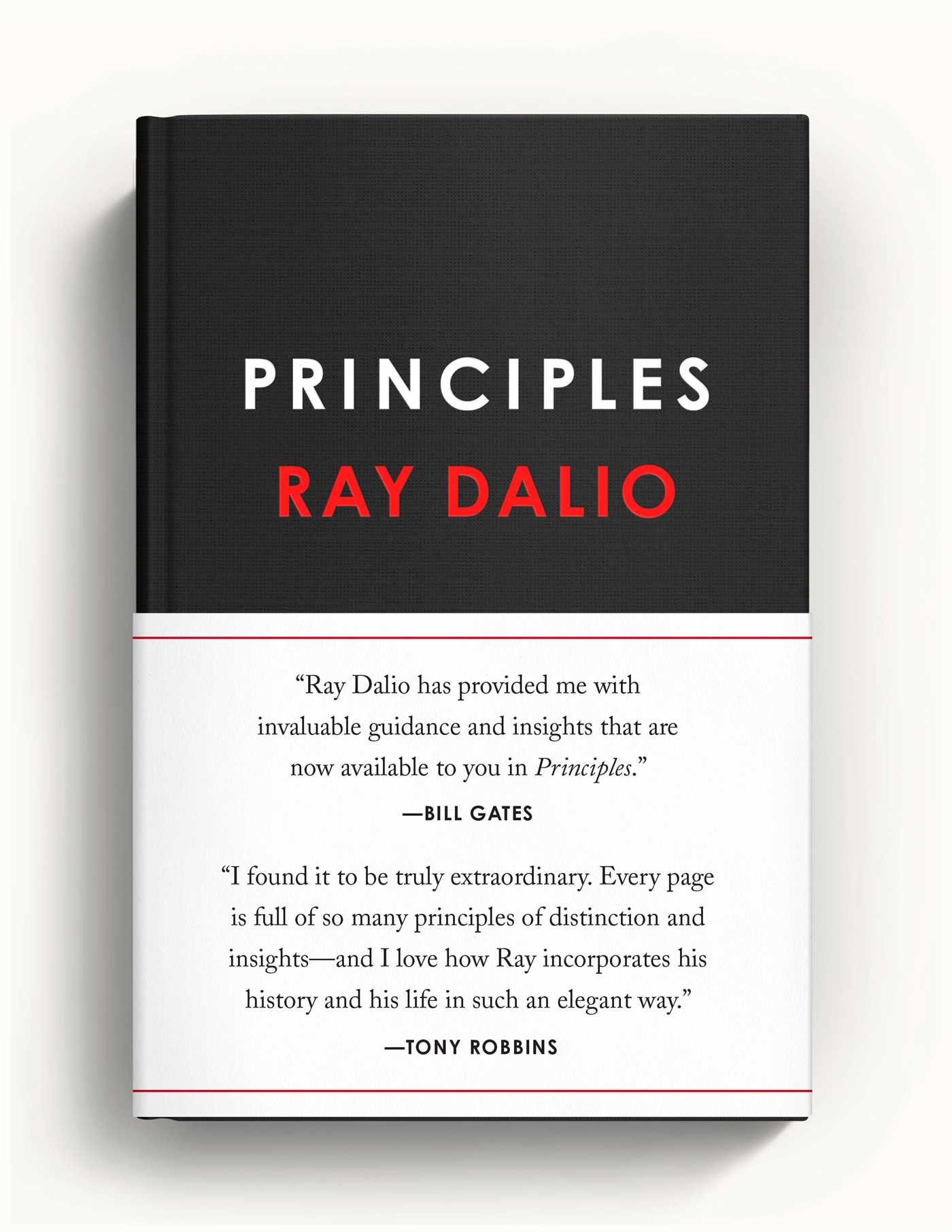
Principles: Life and Work
Are you sure you want to delete this listing?
All related data including comments will be permanently deleted.
Yes, please delete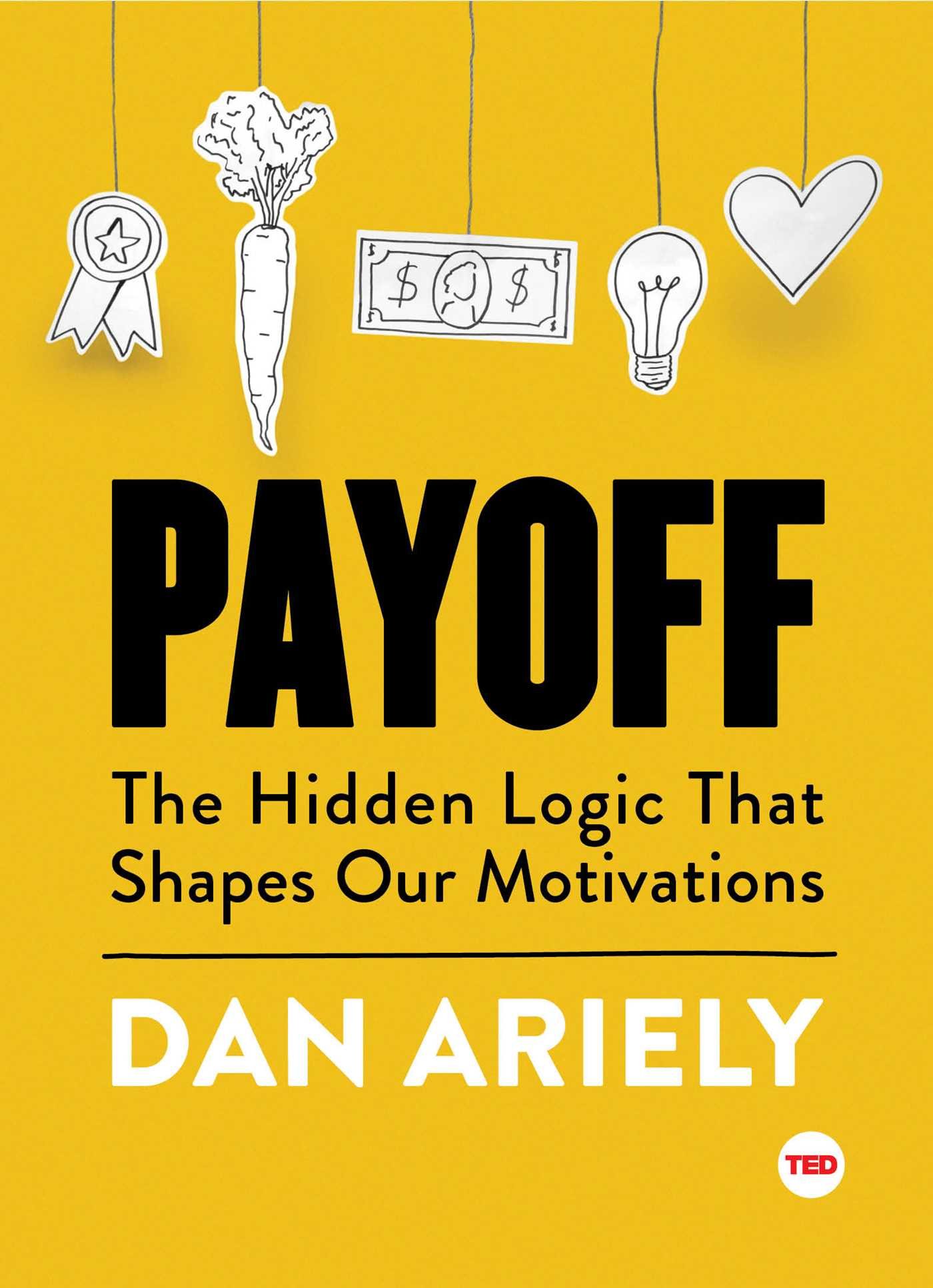
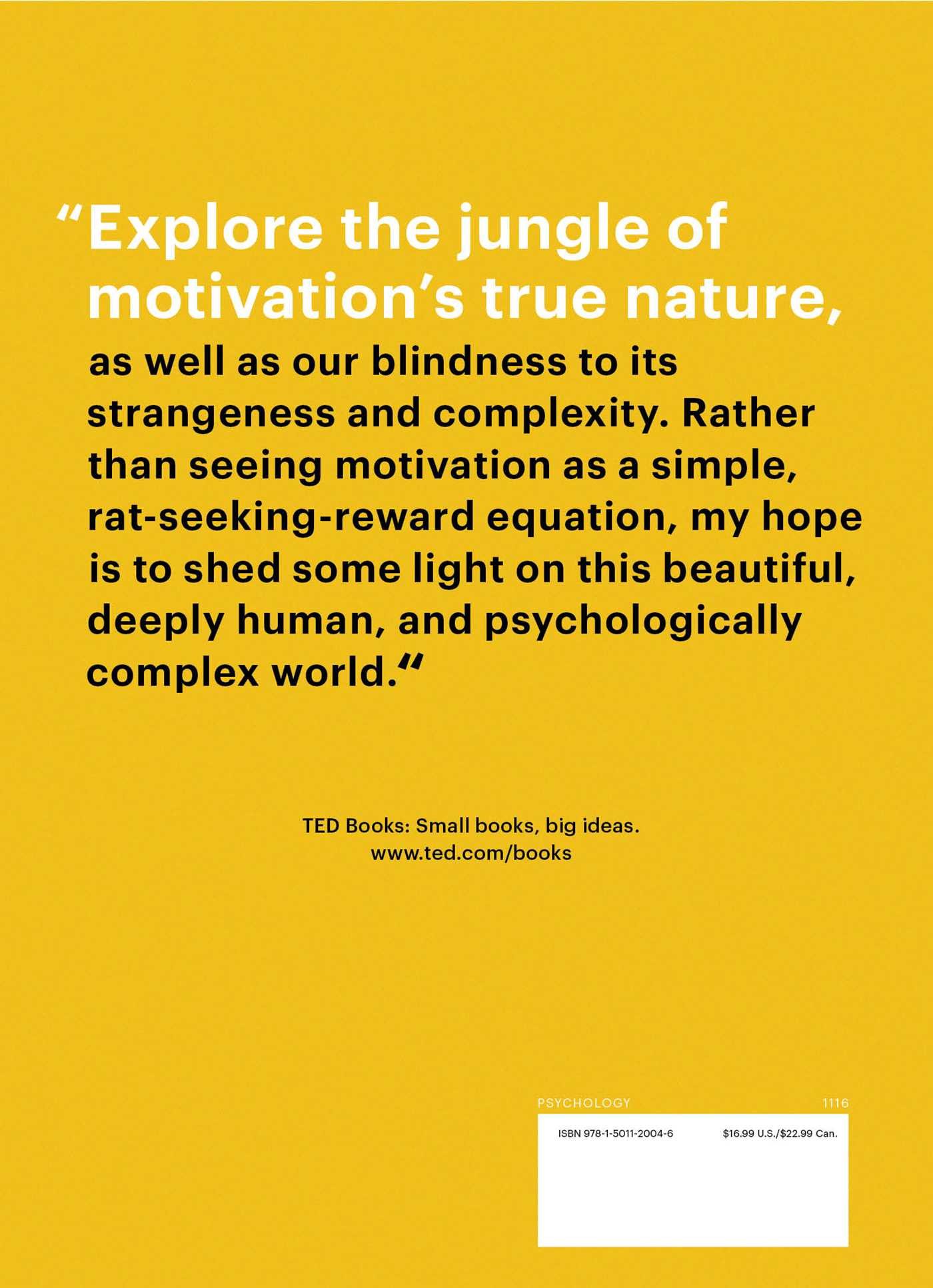
Payoff: The Hidden Logic That Shapes Our Motivations (TED Books)
Are you sure you want to delete this listing?
All related data including comments will be permanently deleted.
Yes, please delete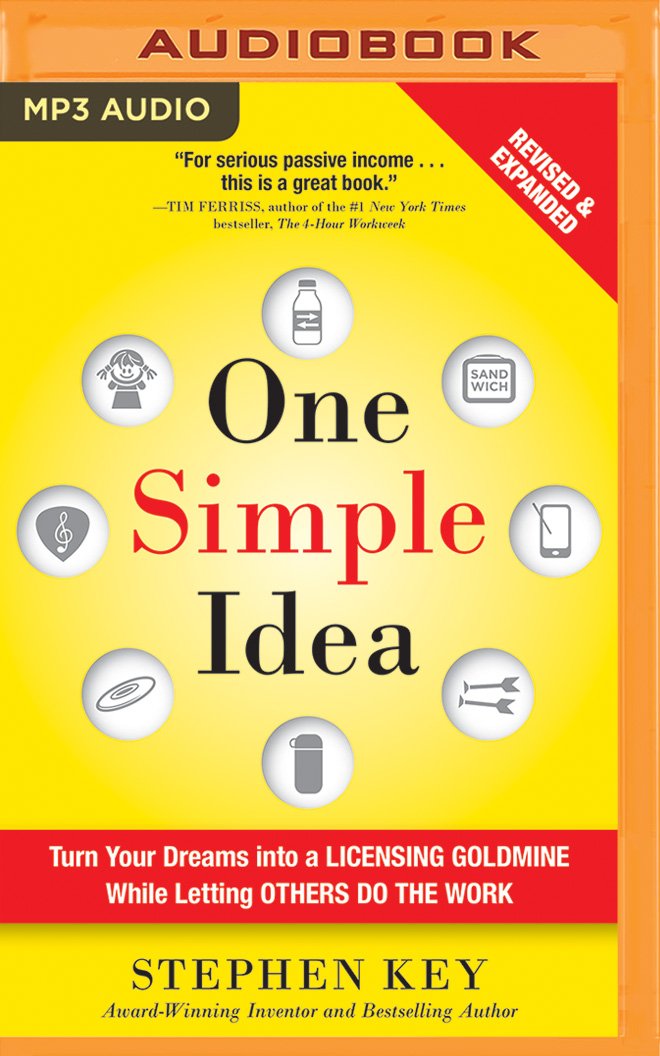
One Simple Idea
Are you sure you want to delete this listing?
All related data including comments will be permanently deleted.
Yes, please delete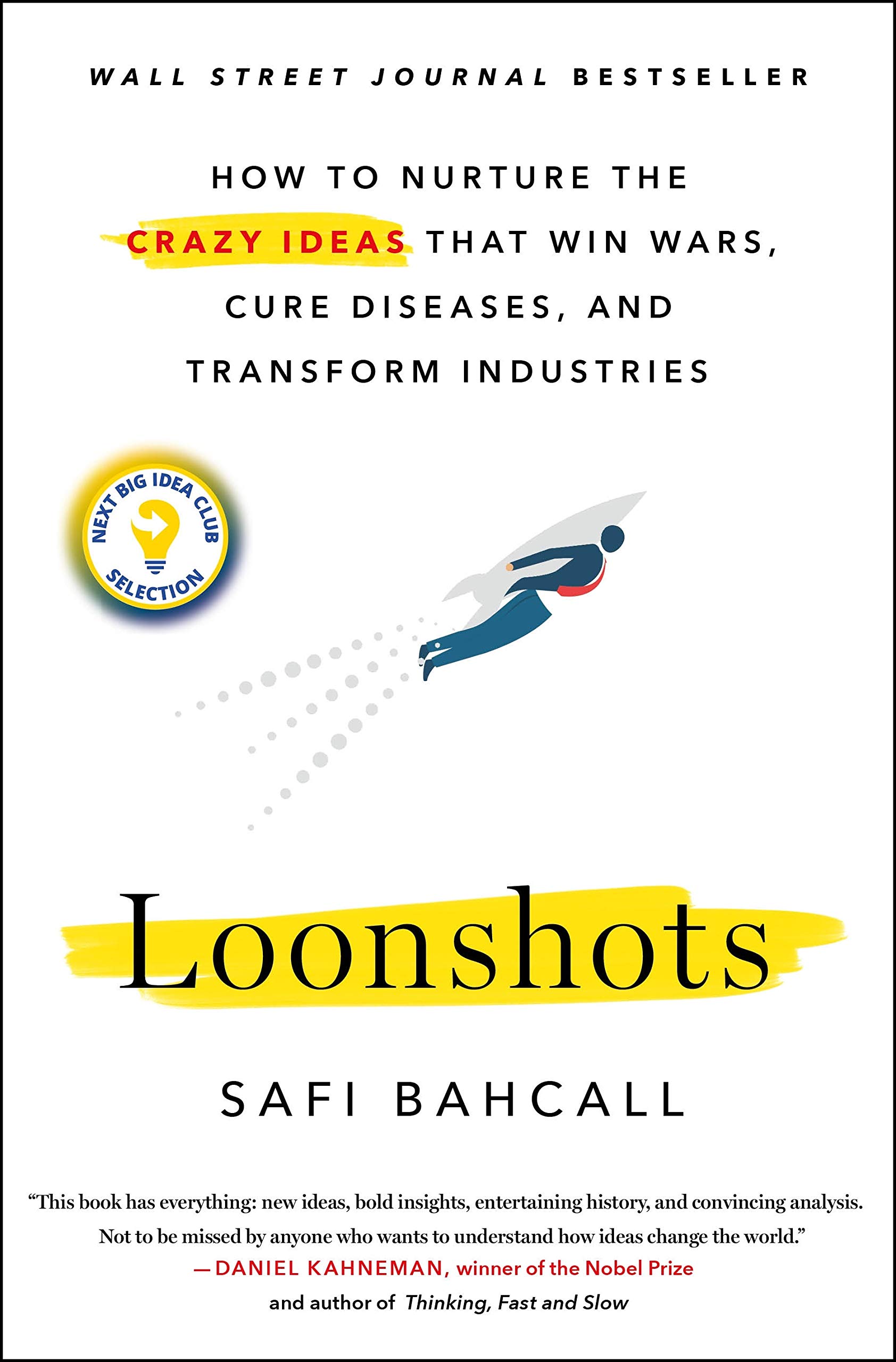
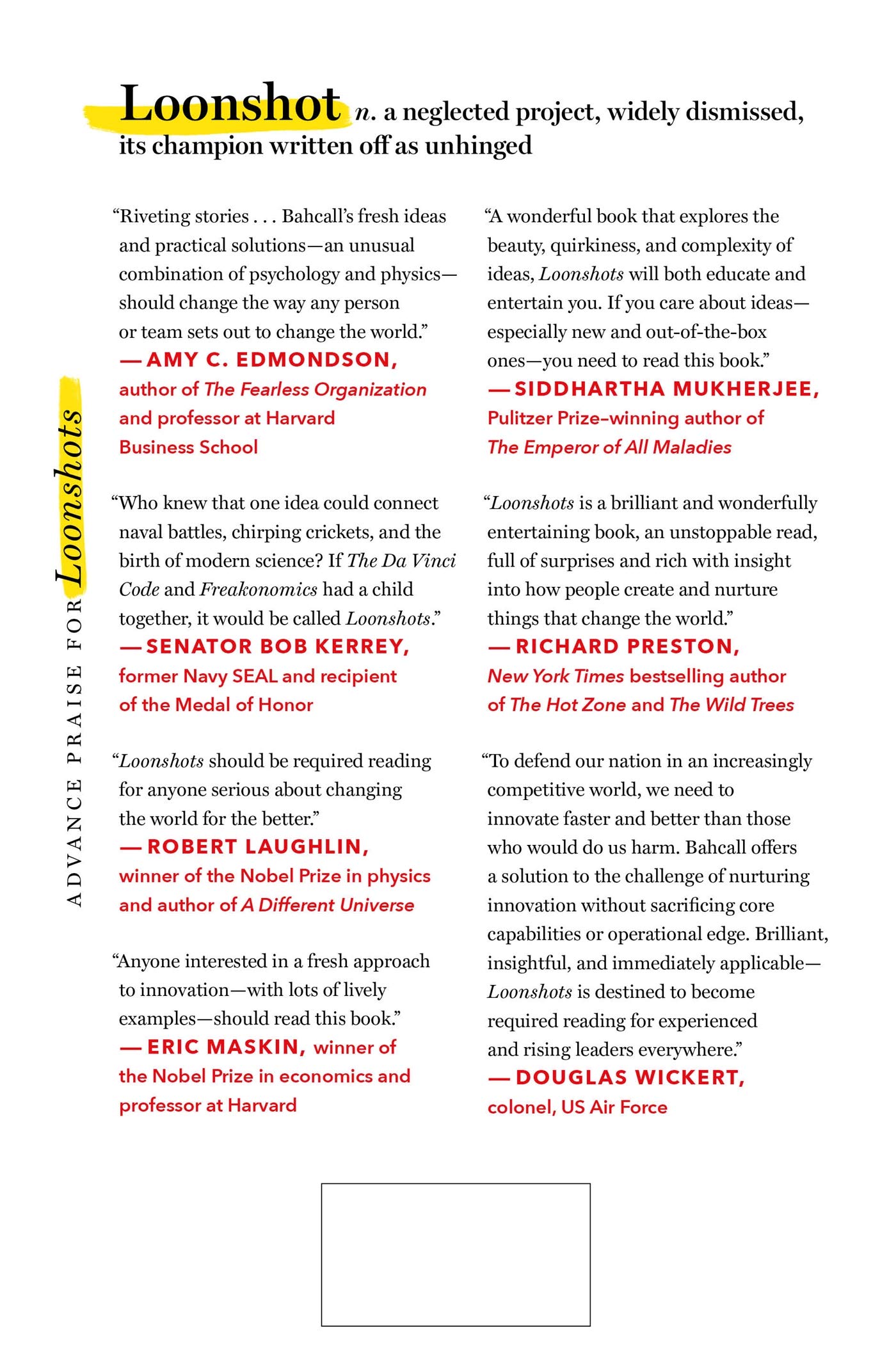
Loonshots: How to Nurture the Crazy Ideas That Win Wars
Are you sure you want to delete this listing?
All related data including comments will be permanently deleted.
Yes, please delete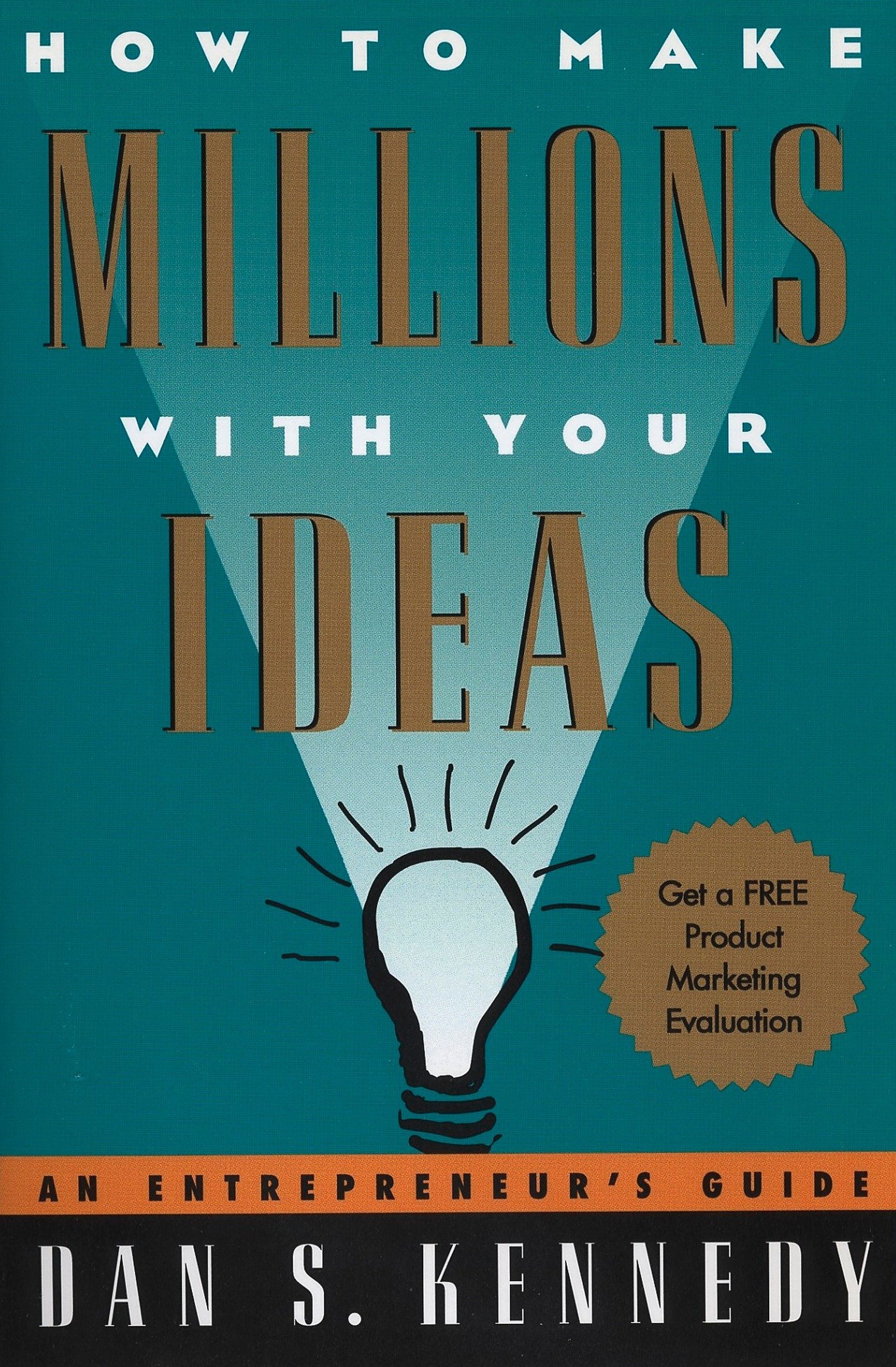
How to Make Millions with Your Ideas: An Entrepreneur's Guide
Are you sure you want to delete this listing?
All related data including comments will be permanently deleted.
Yes, please delete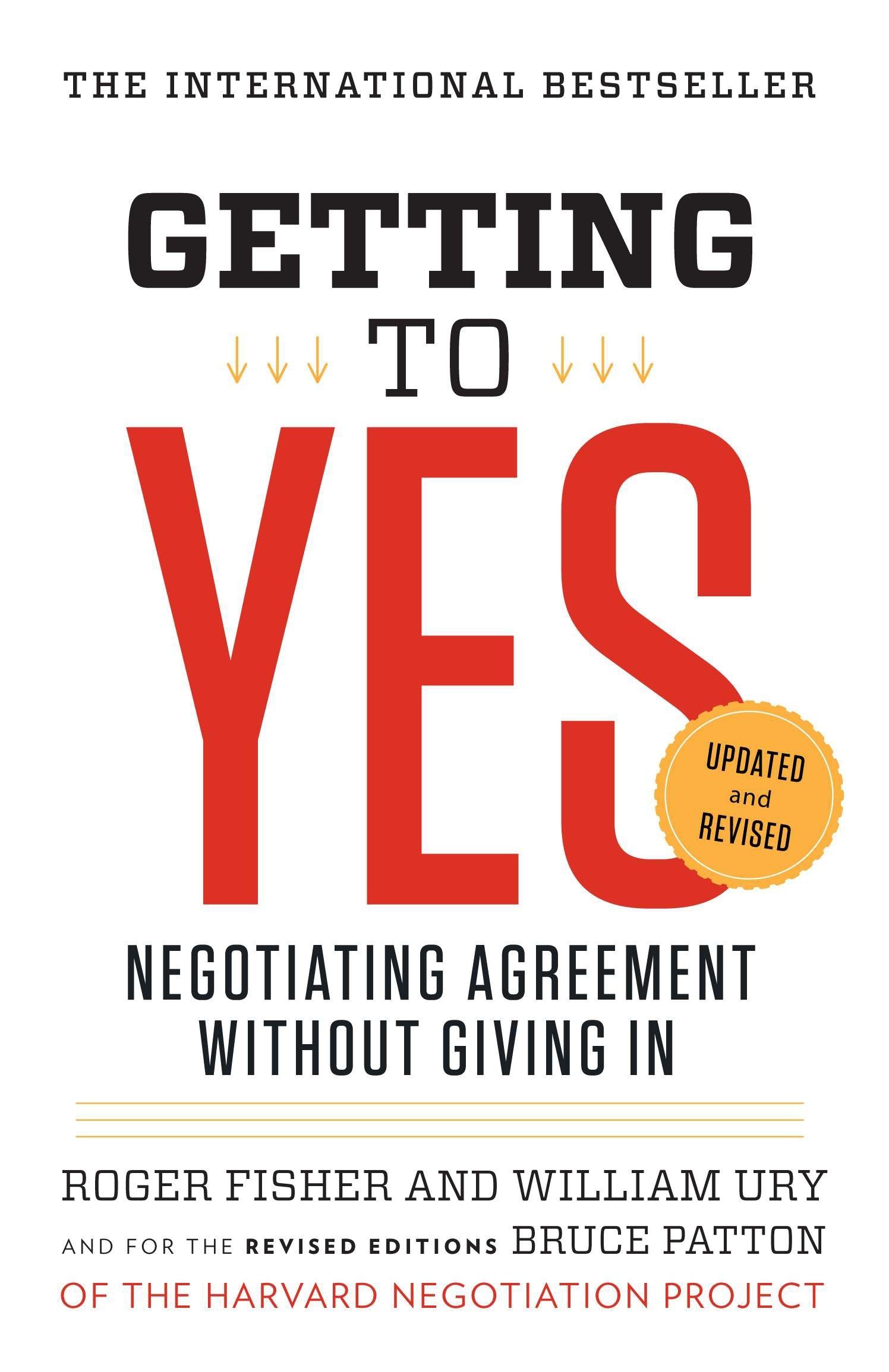
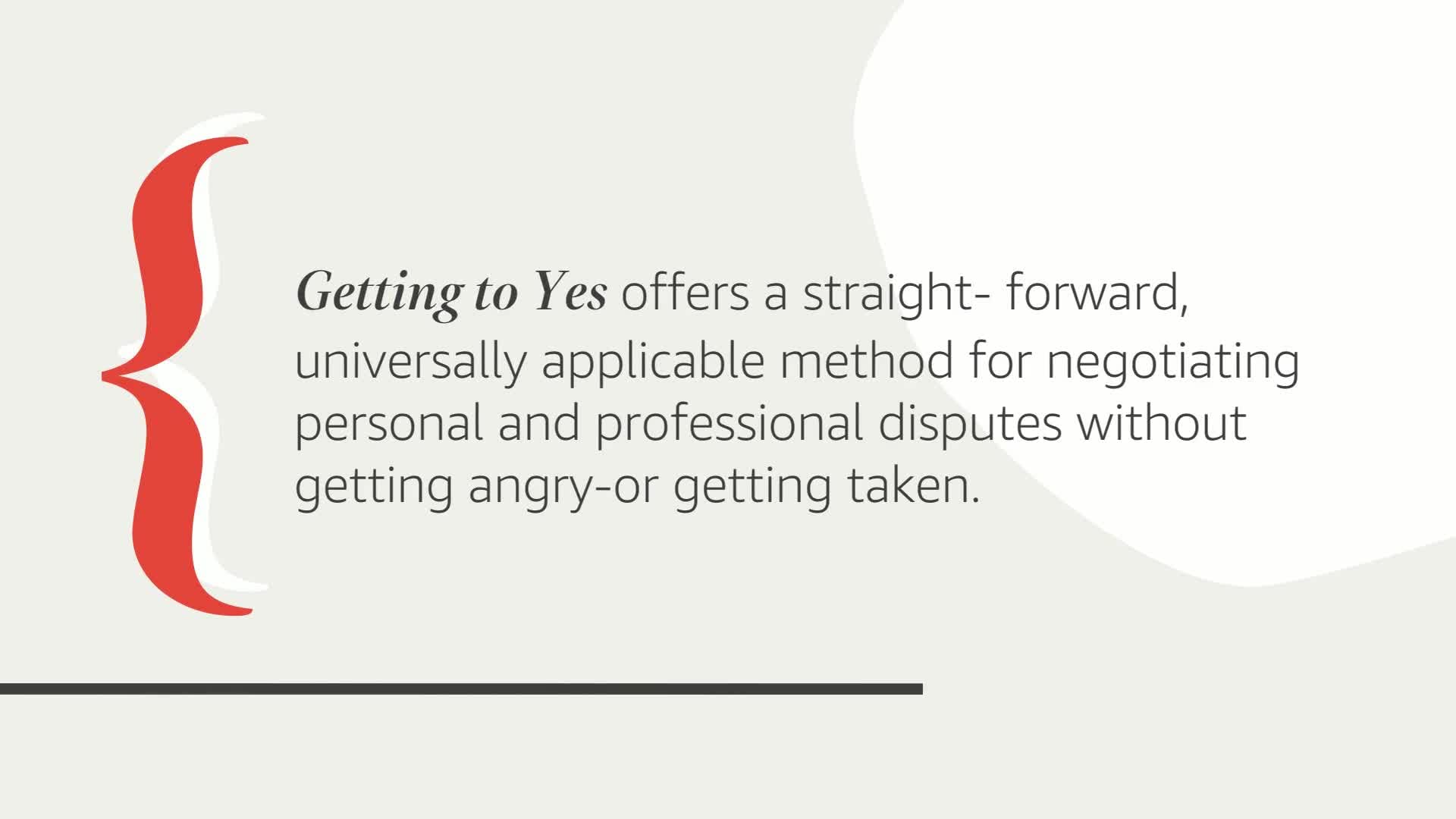
Getting to Yes: Negotiating Agreement Without Giving In
Are you sure you want to delete this listing?
All related data including comments will be permanently deleted.
Yes, please delete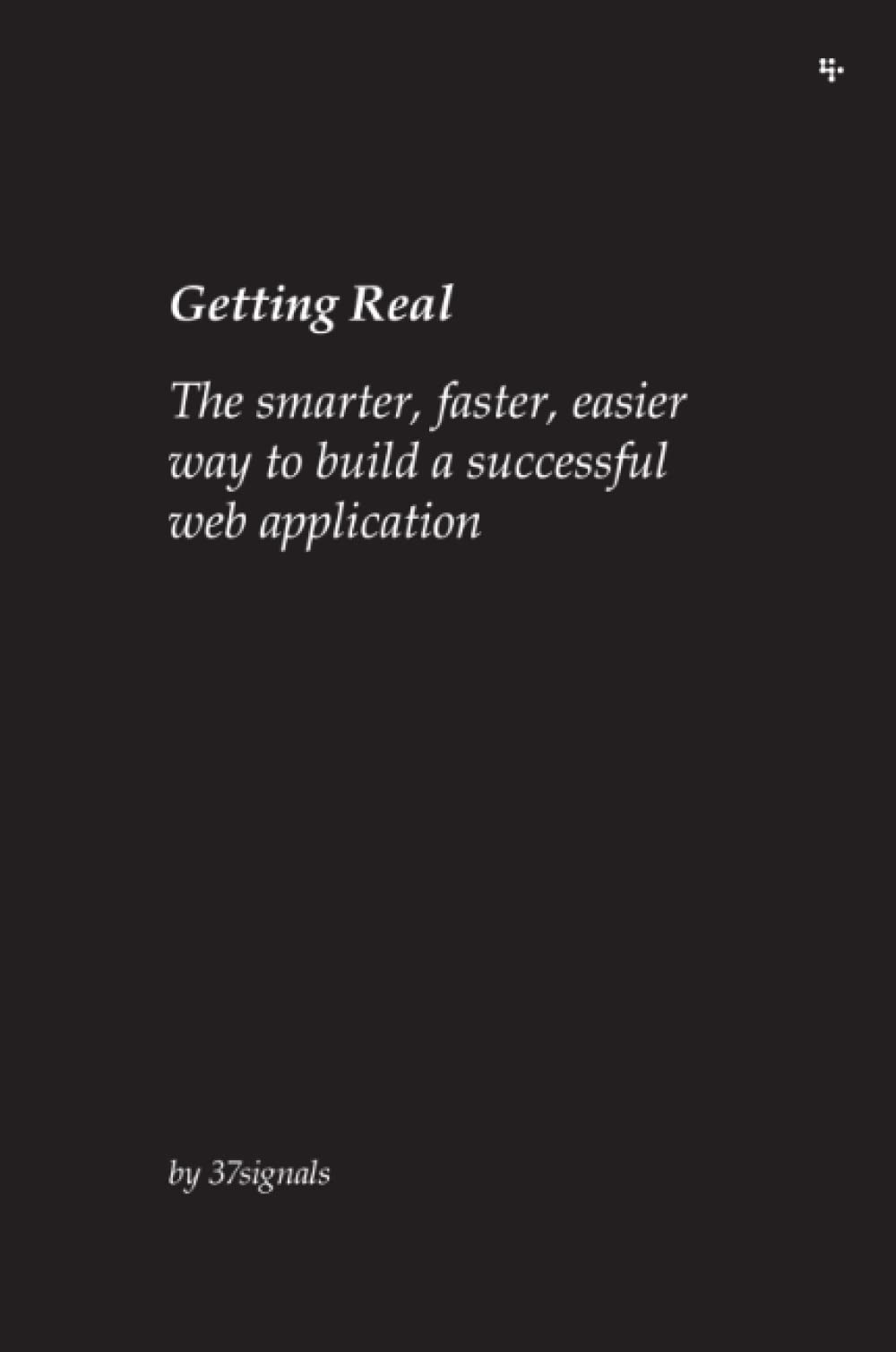
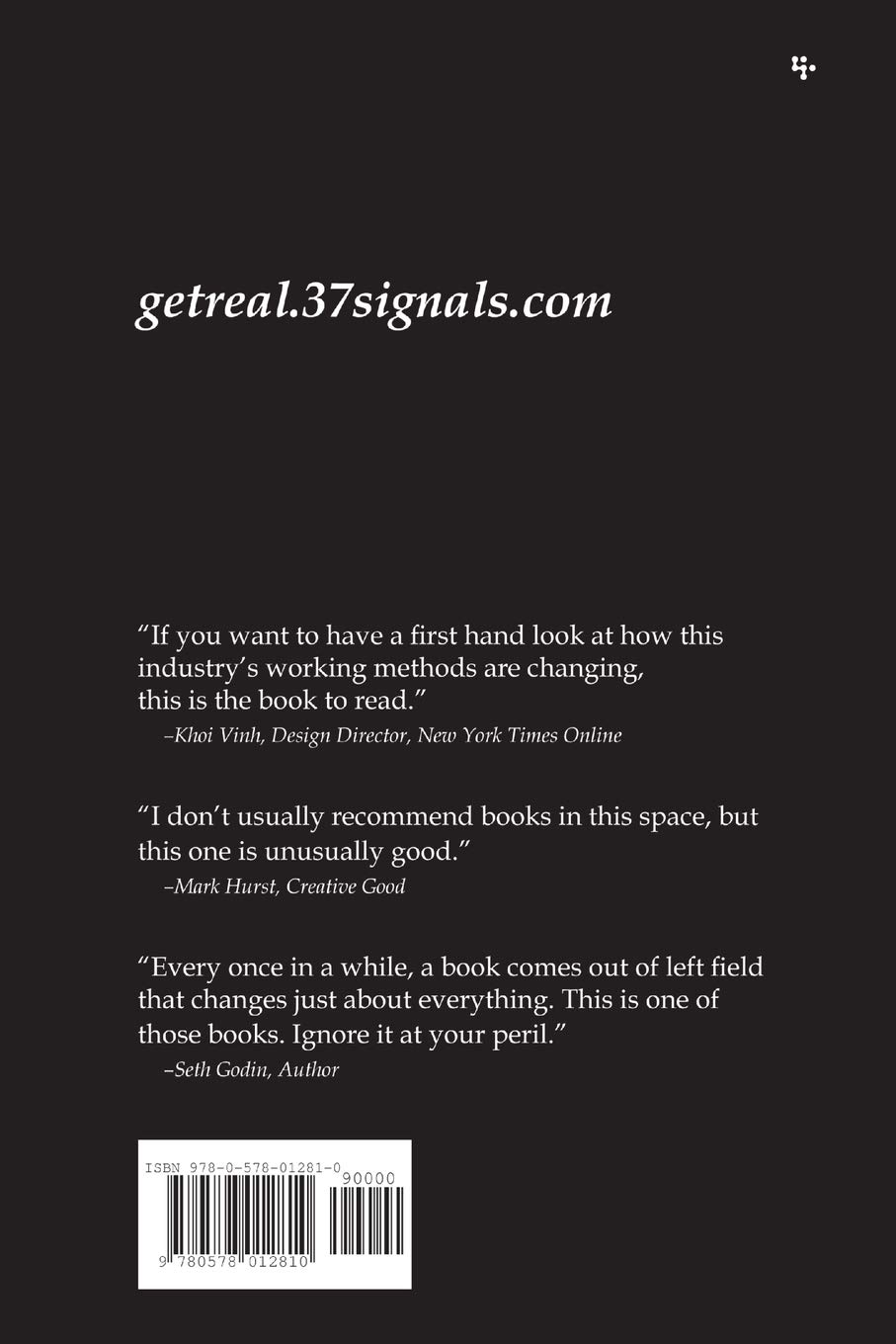
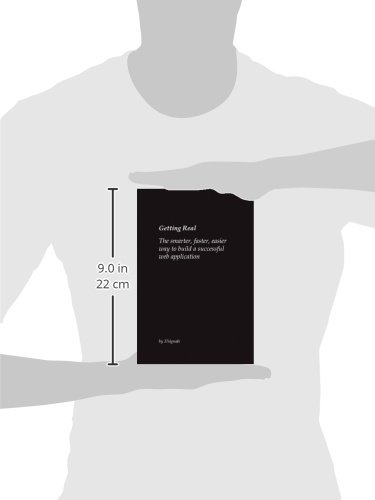
Getting Real: The Smarter
Are you sure you want to delete this listing?
All related data including comments will be permanently deleted.
Yes, please delete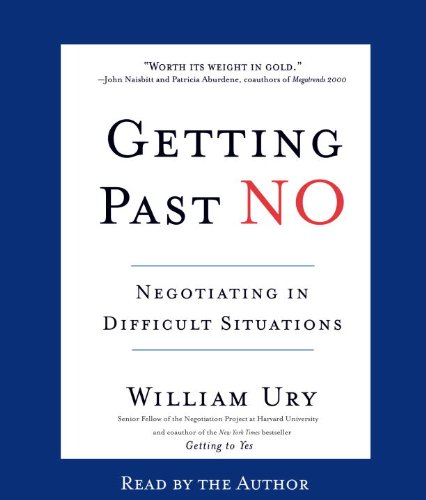
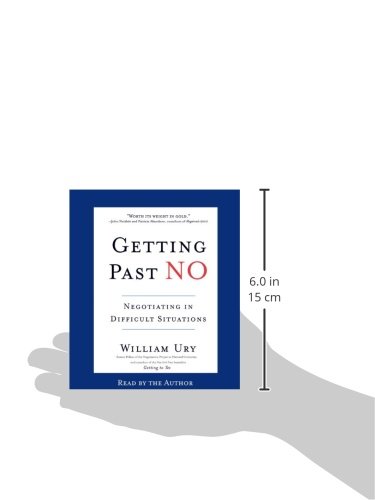
Getting Past No: Negotiating in Difficult Situations
Are you sure you want to delete this listing?
All related data including comments will be permanently deleted.
Yes, please delete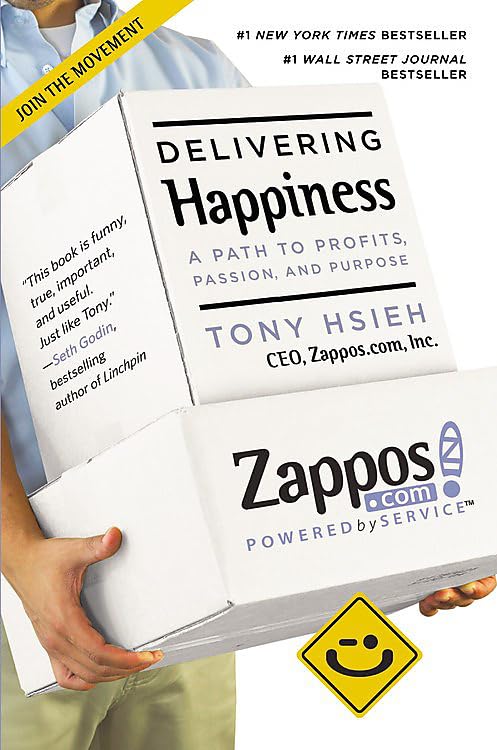
Delivering Happiness
Are you sure you want to delete this listing?
All related data including comments will be permanently deleted.
Yes, please delete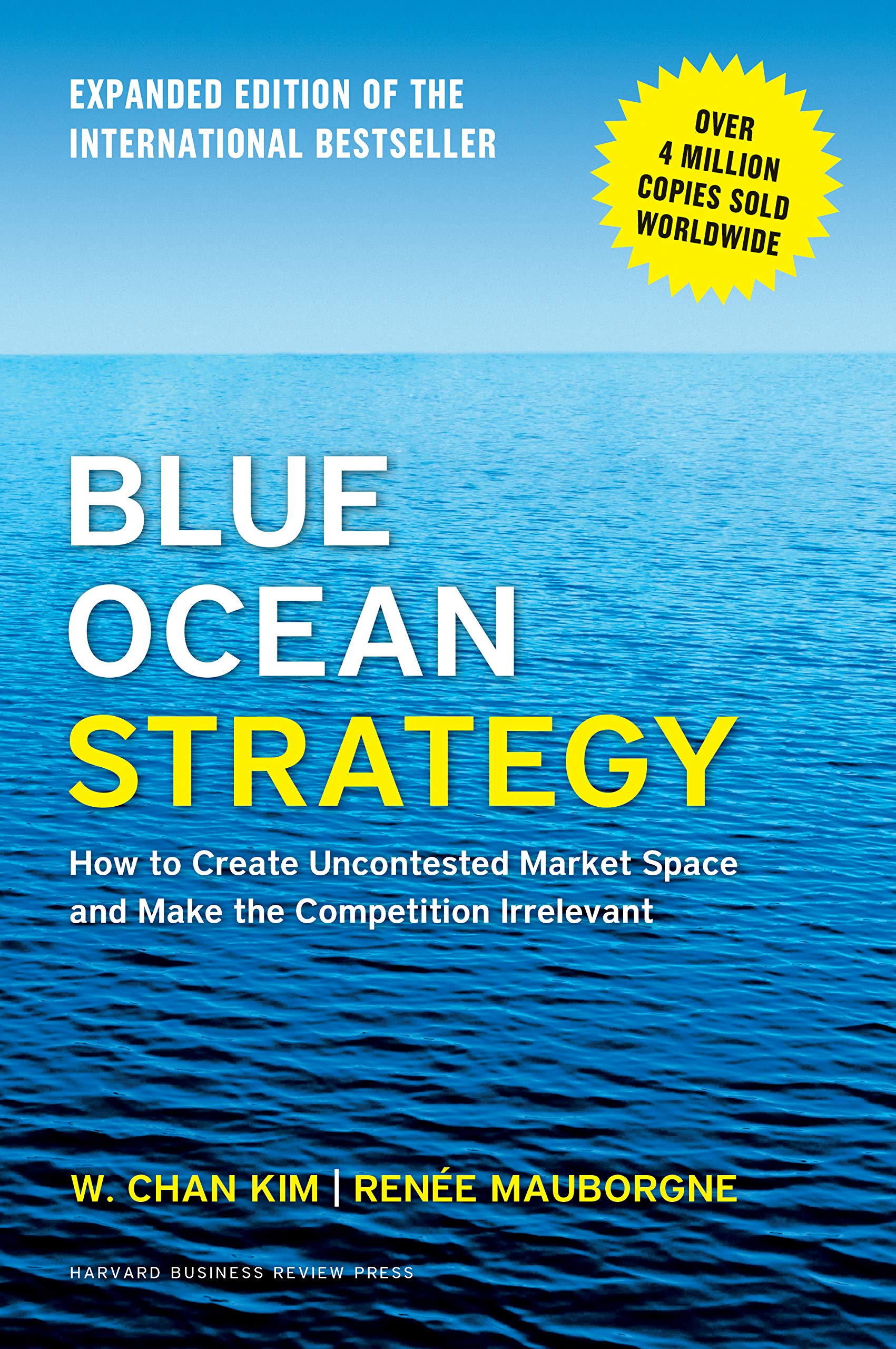
Blue Ocean Strategy
Are you sure you want to delete this listing?
All related data including comments will be permanently deleted.
Yes, please delete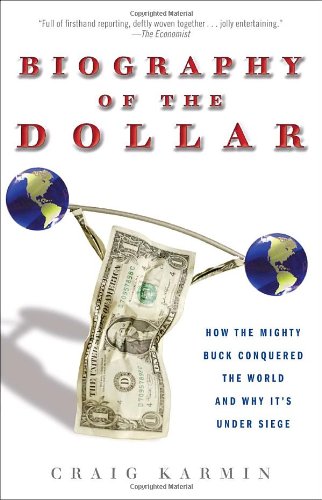
Biography of the Dollar: How the Mighty Buck Conquered the World and Why It's Under Siege
Are you sure you want to delete this listing?
All related data including comments will be permanently deleted.
Yes, please delete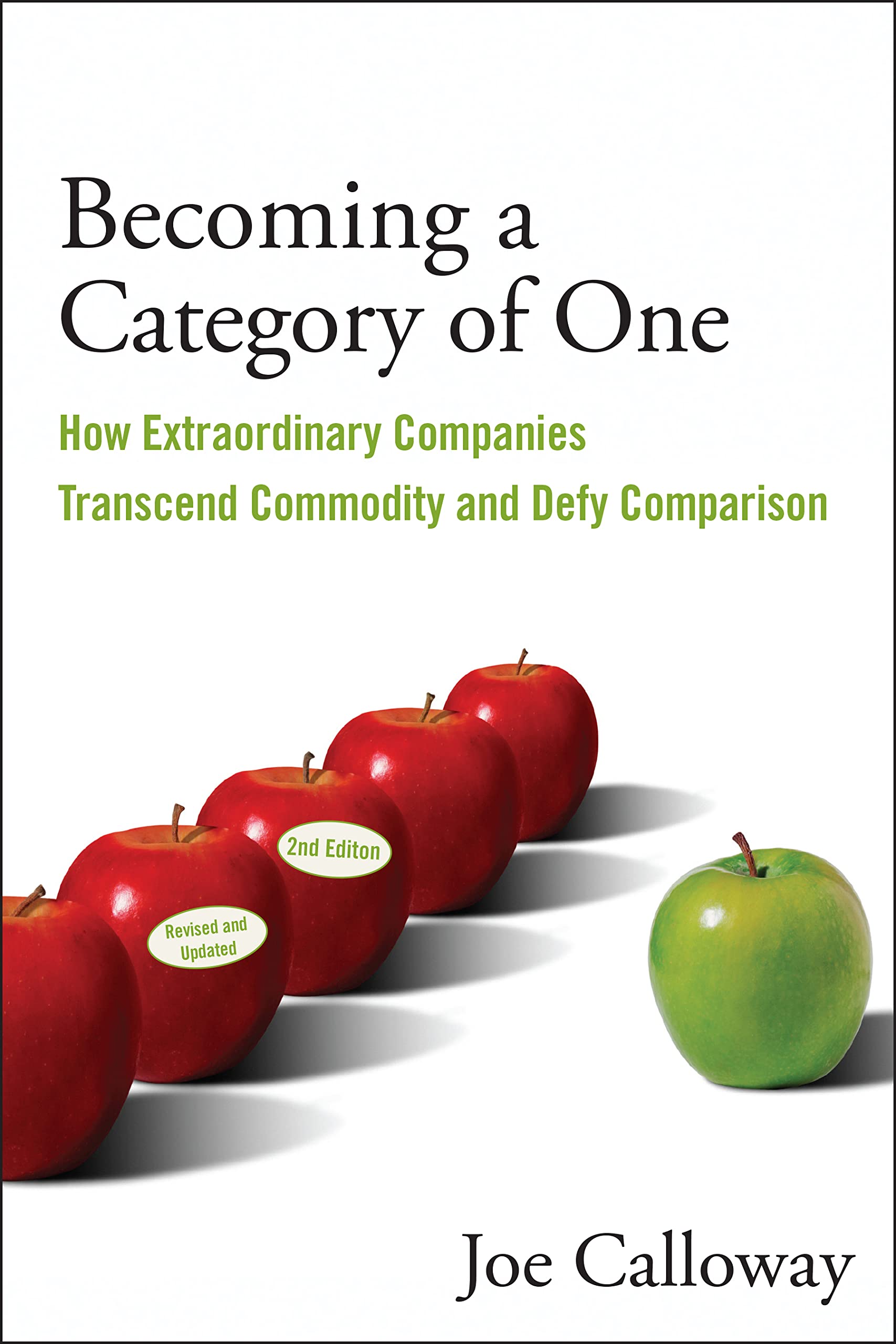
Becoming a Category of One: How Extraordinary Companies Transcend Commodity and Defy Comparison
Are you sure you want to delete this listing?
All related data including comments will be permanently deleted.
Yes, please delete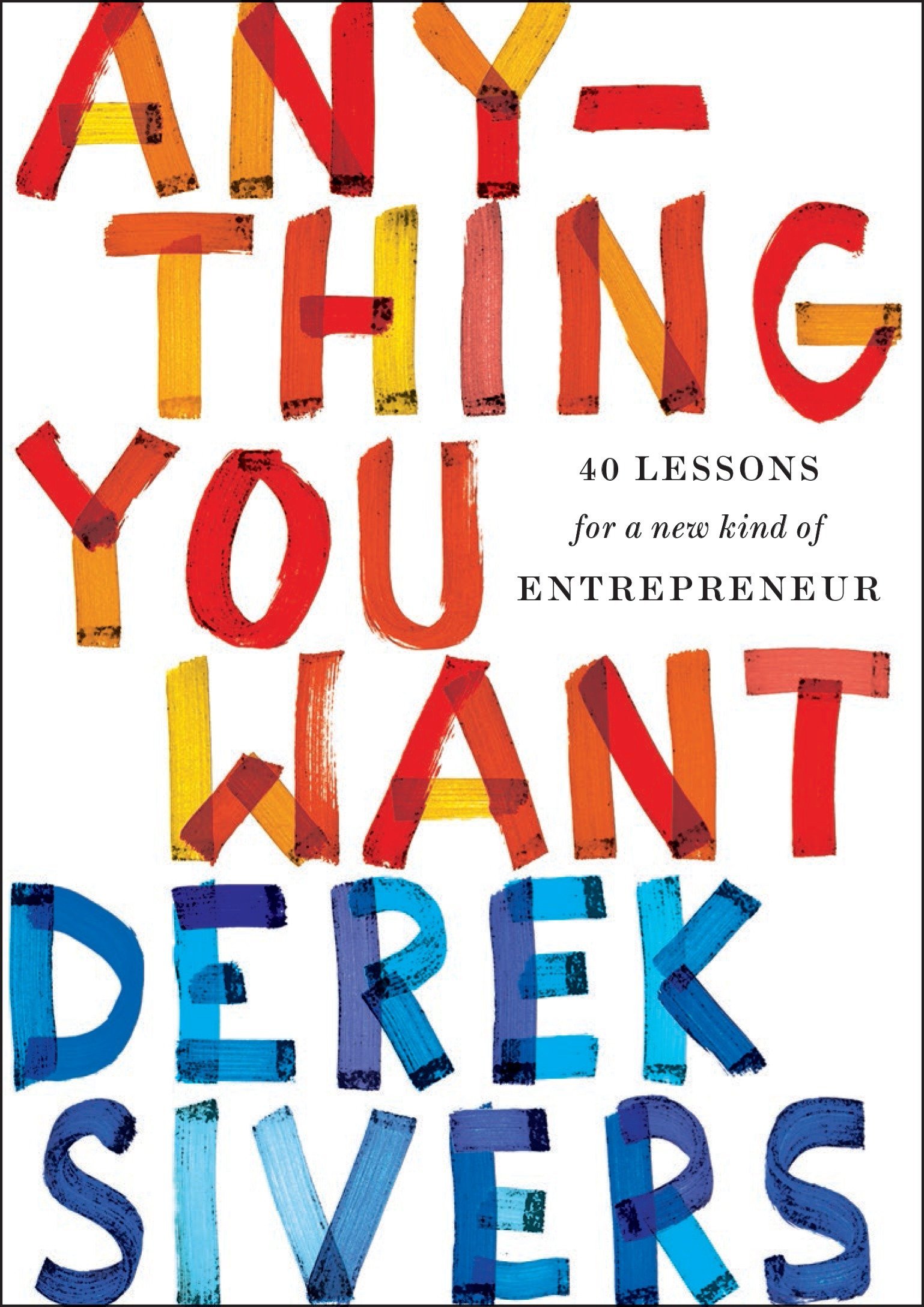
Anything You Want: 40 Lessons for a New Kind of Entrepreneur
Are you sure you want to delete this listing?
All related data including comments will be permanently deleted.
Yes, please deleteEntrepreneurship, strategy, and innovation are close to Ferriss' heart. Here are the business-centric books that have guided his ventures and mindset.
Business Books
Are you sure you want to delete this list?
All related data including ALL ASSOCIATED LISTINGS will be permanently deleted!
Yes, please delete